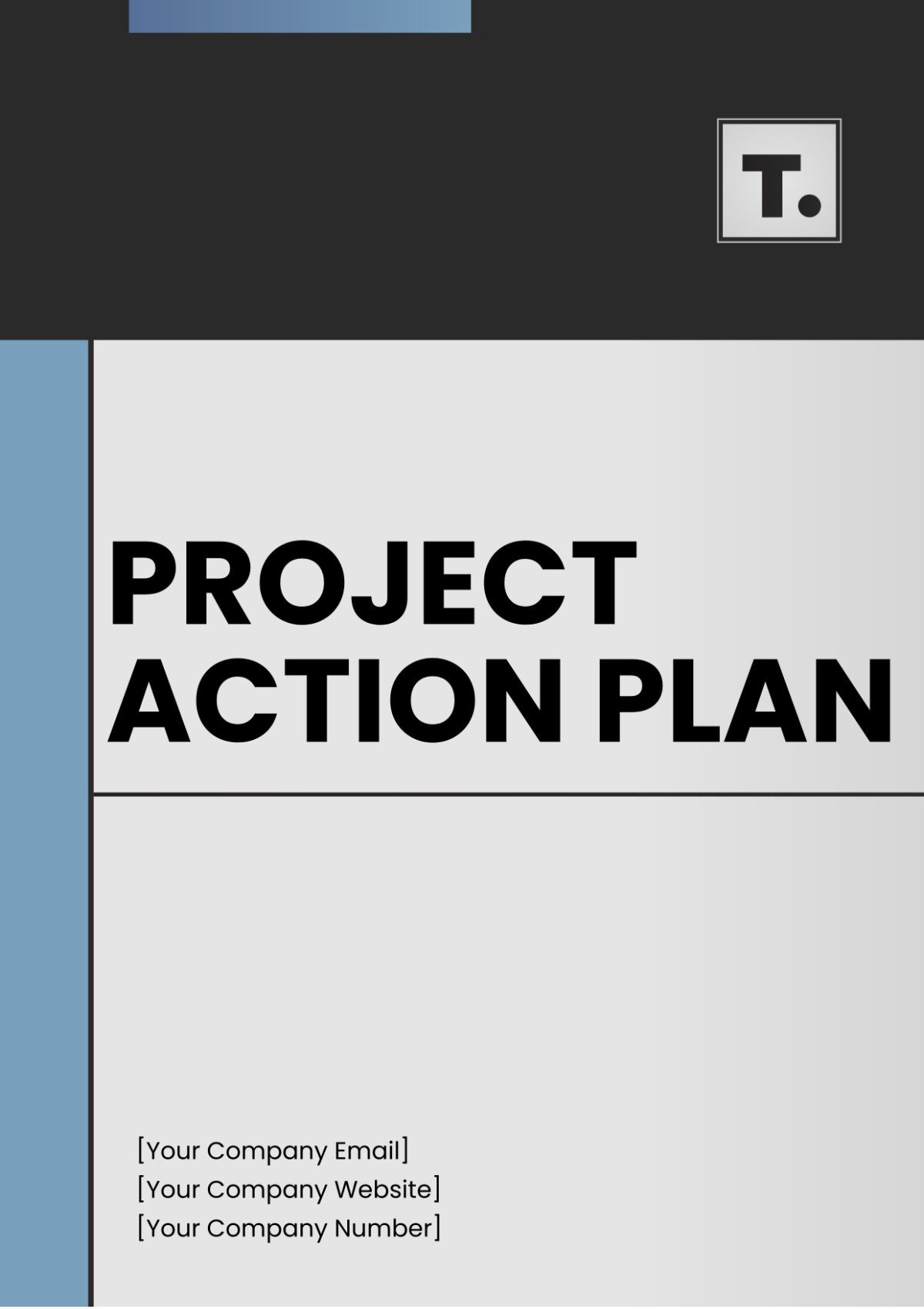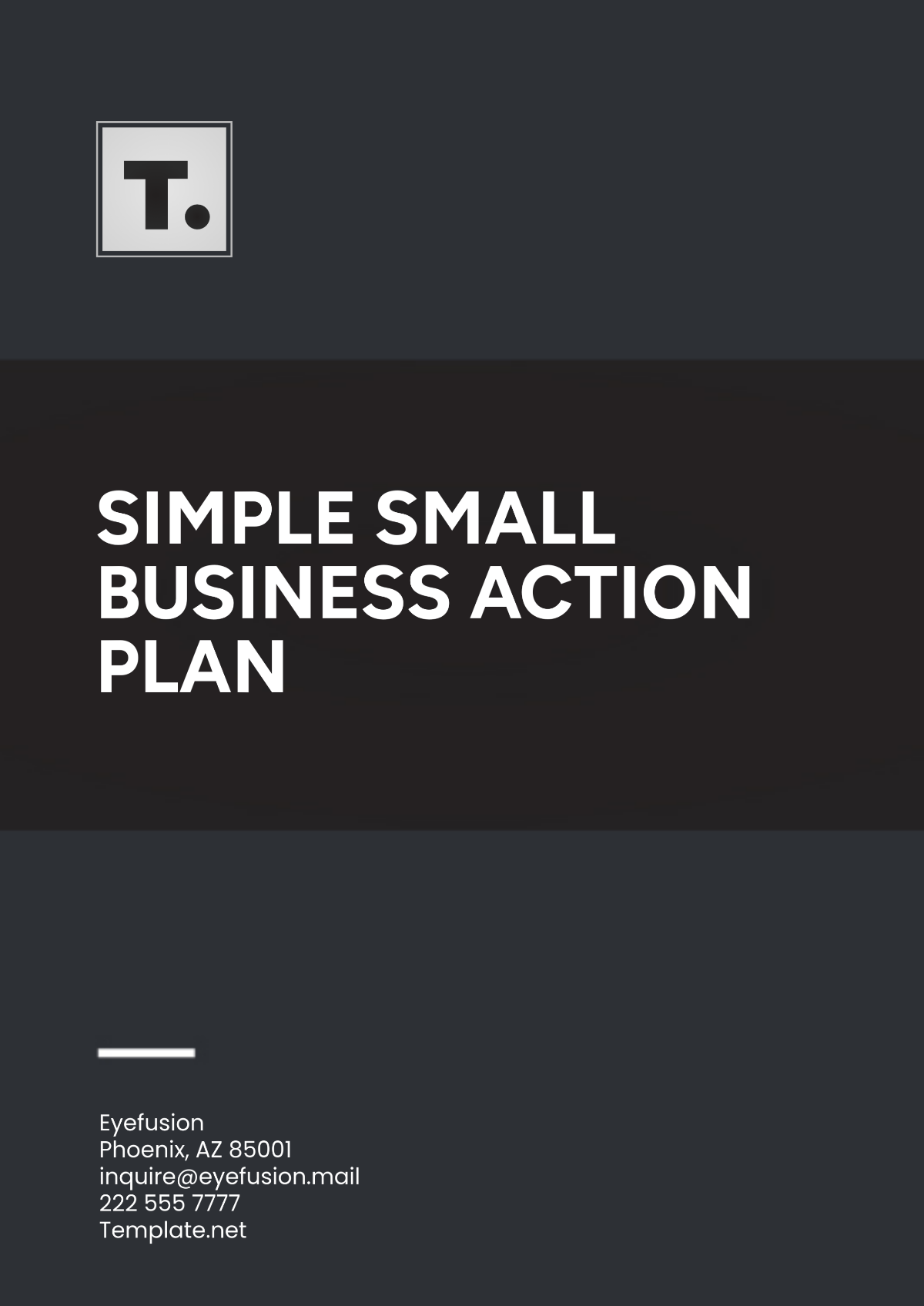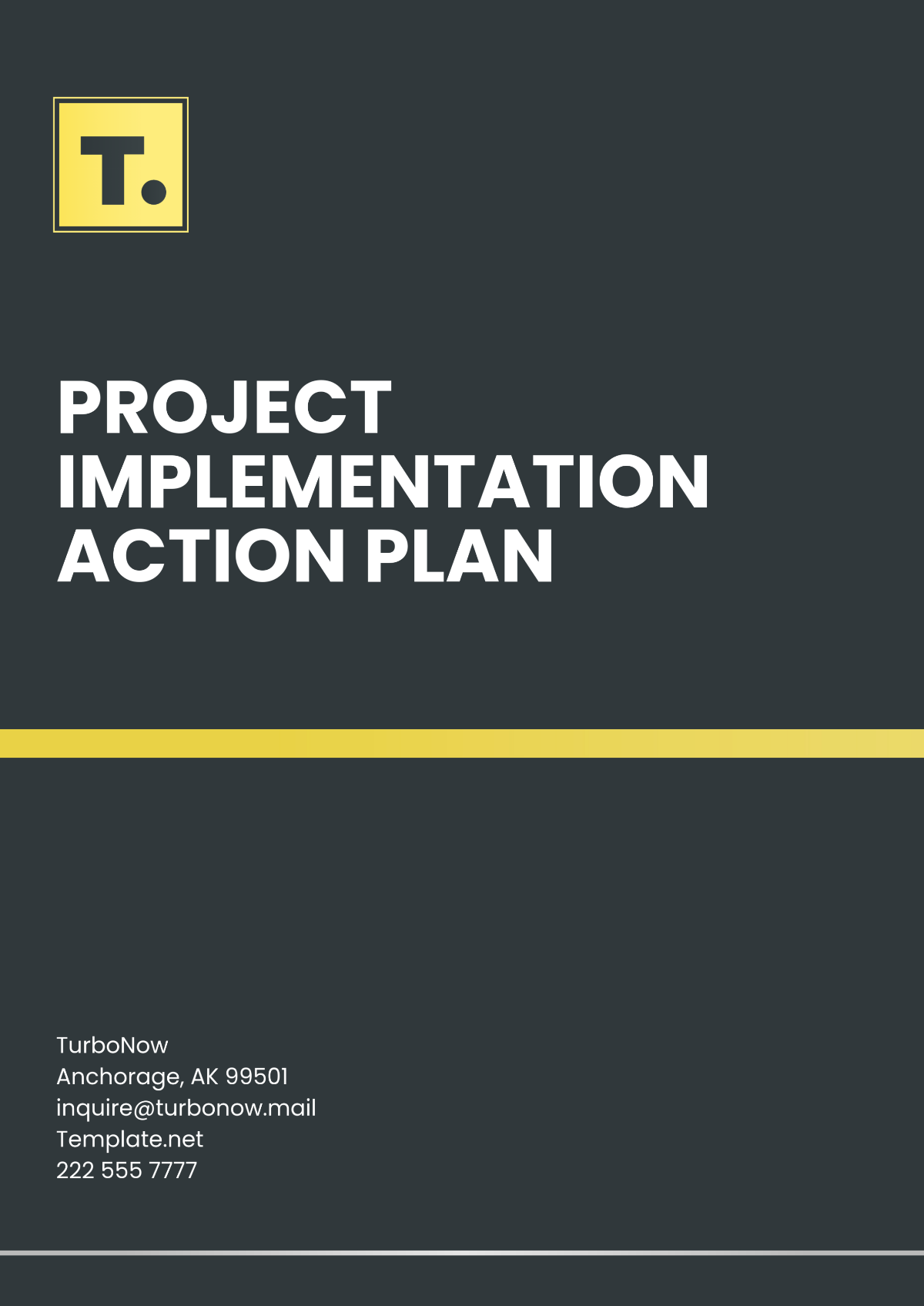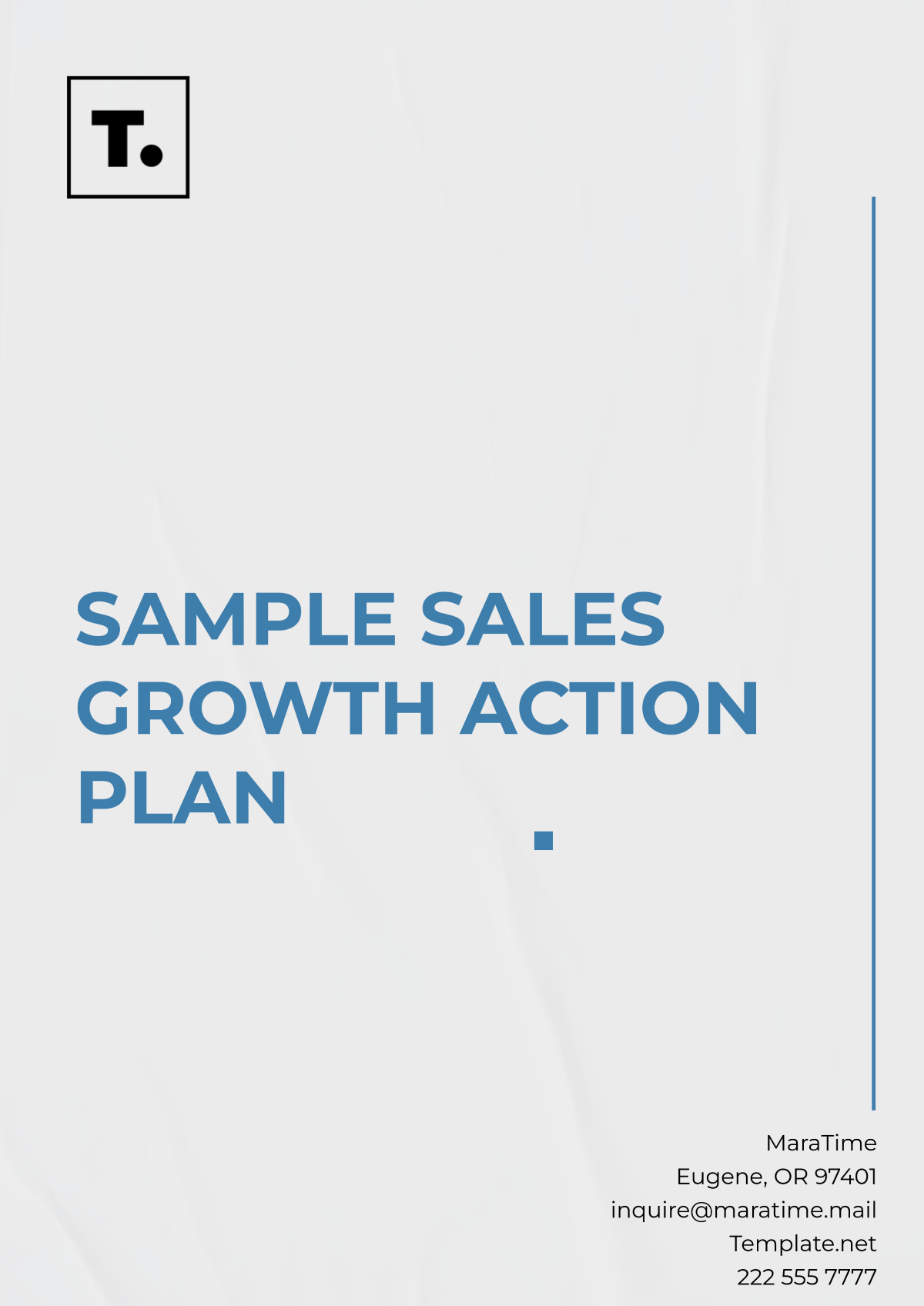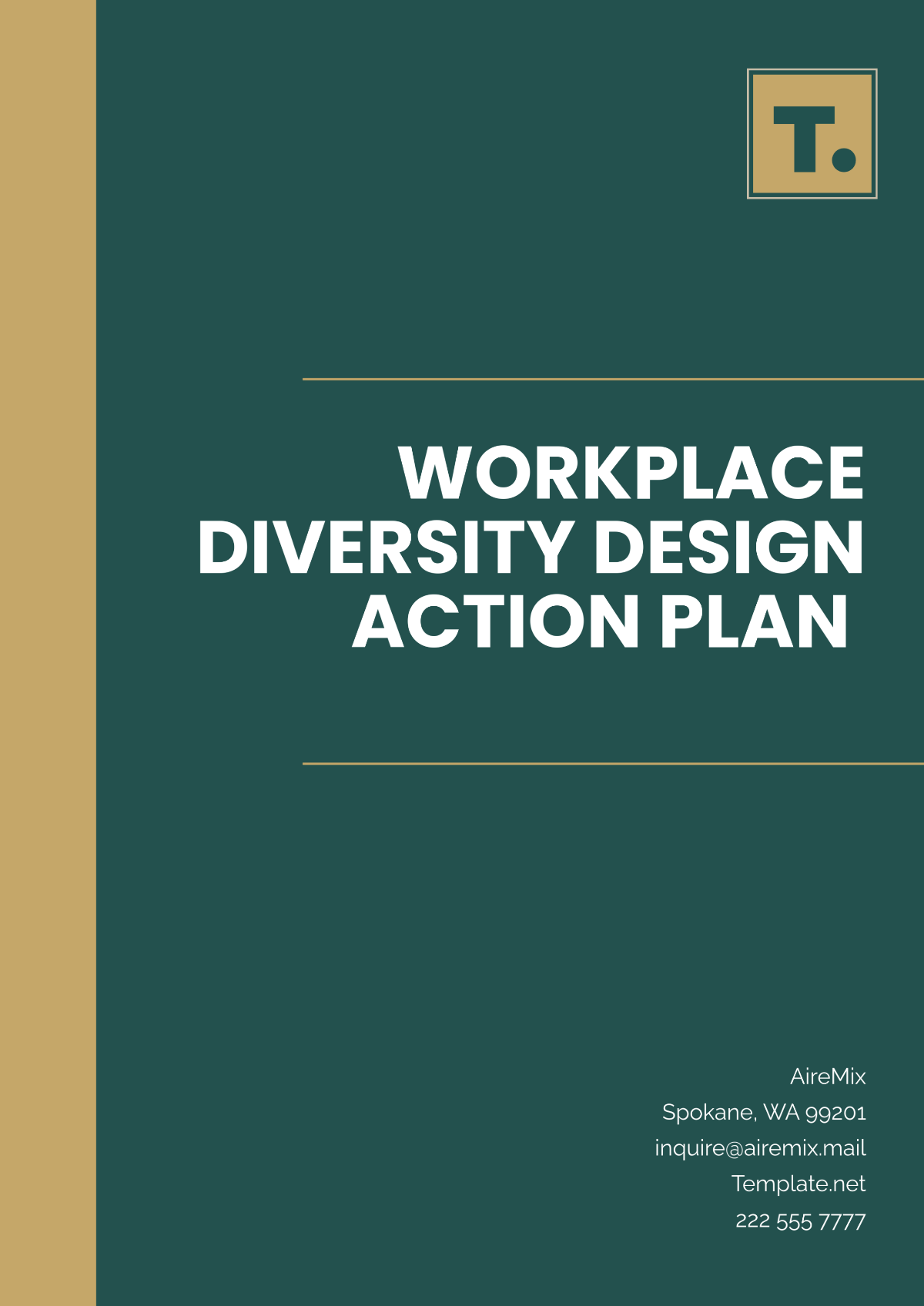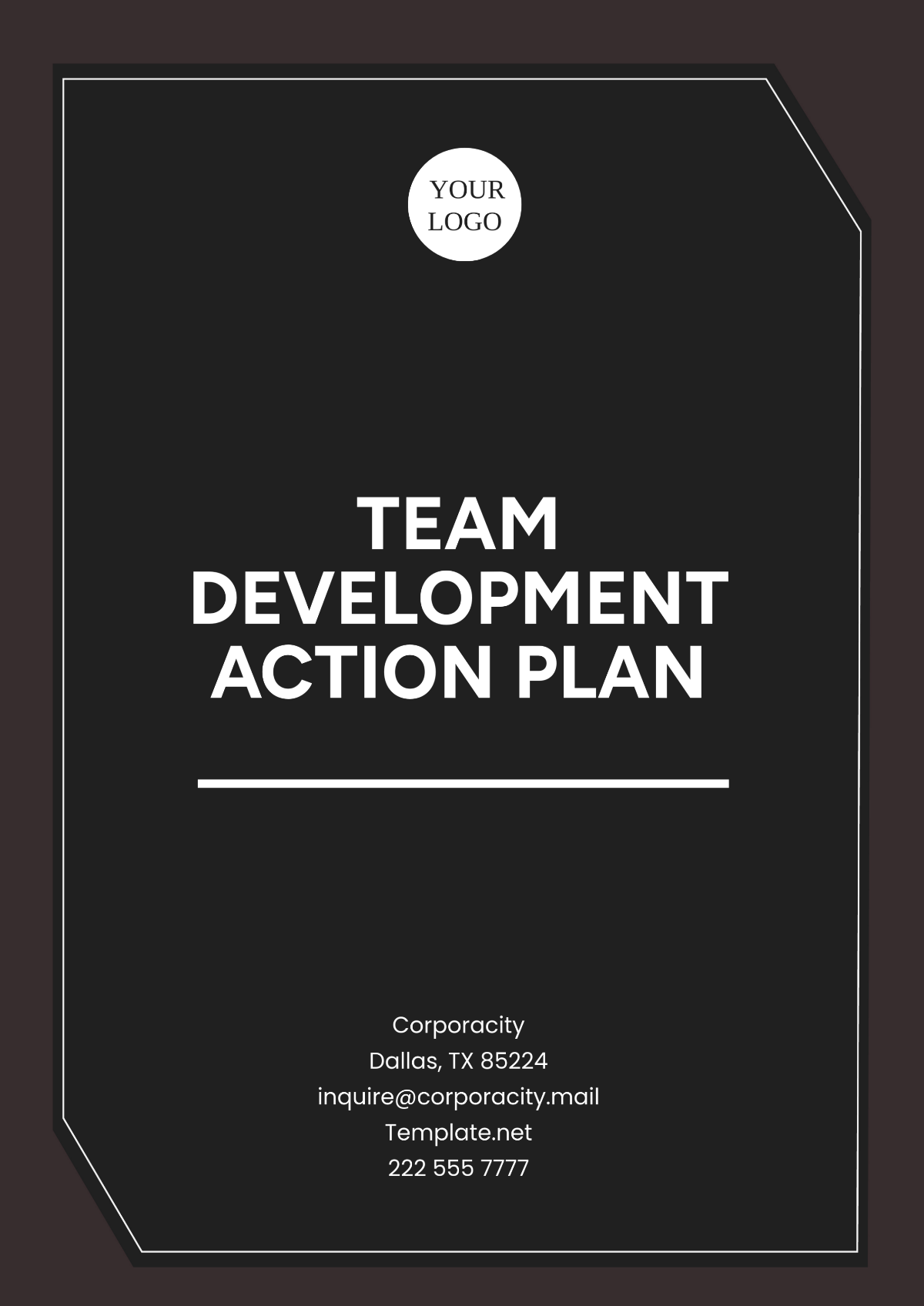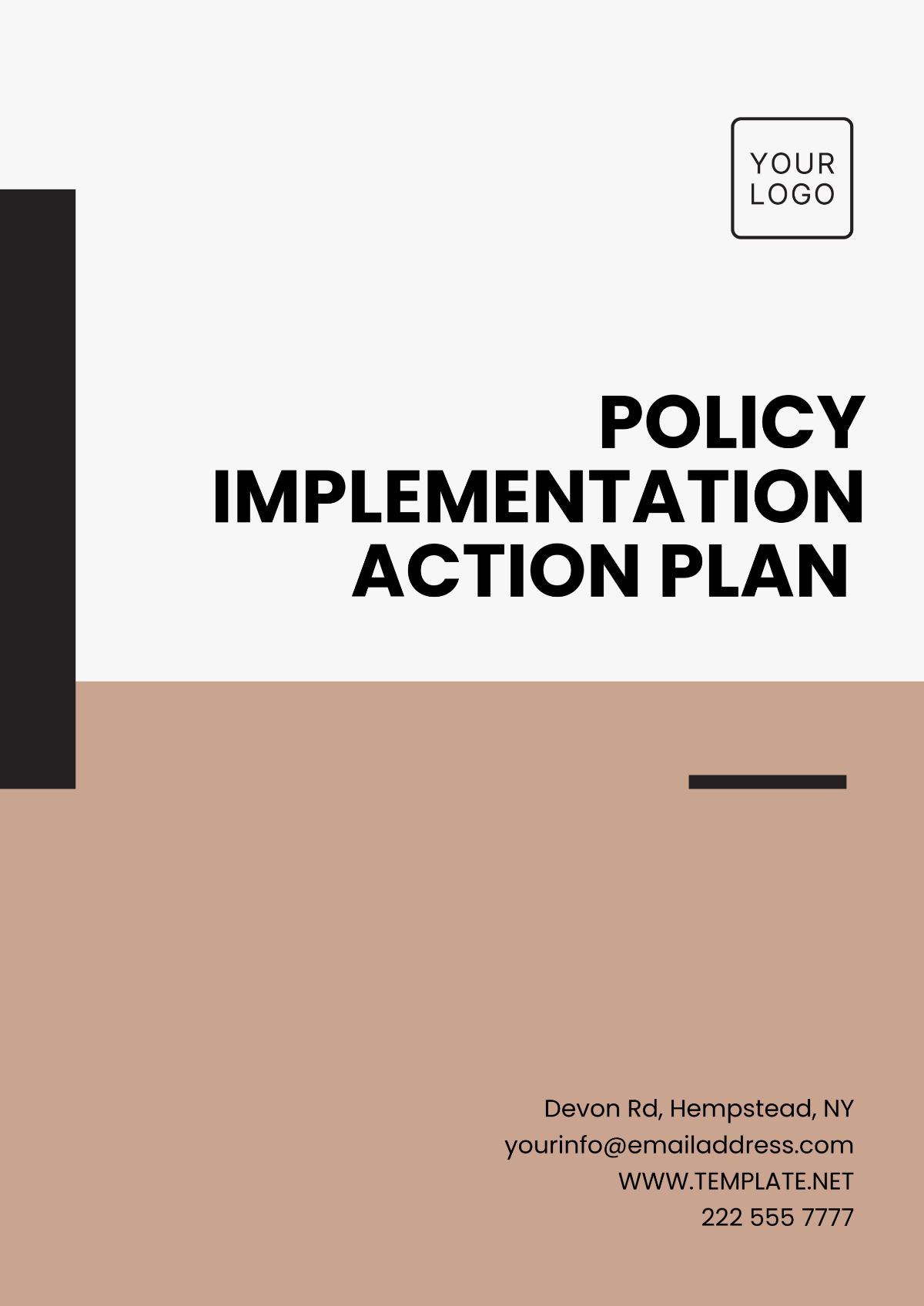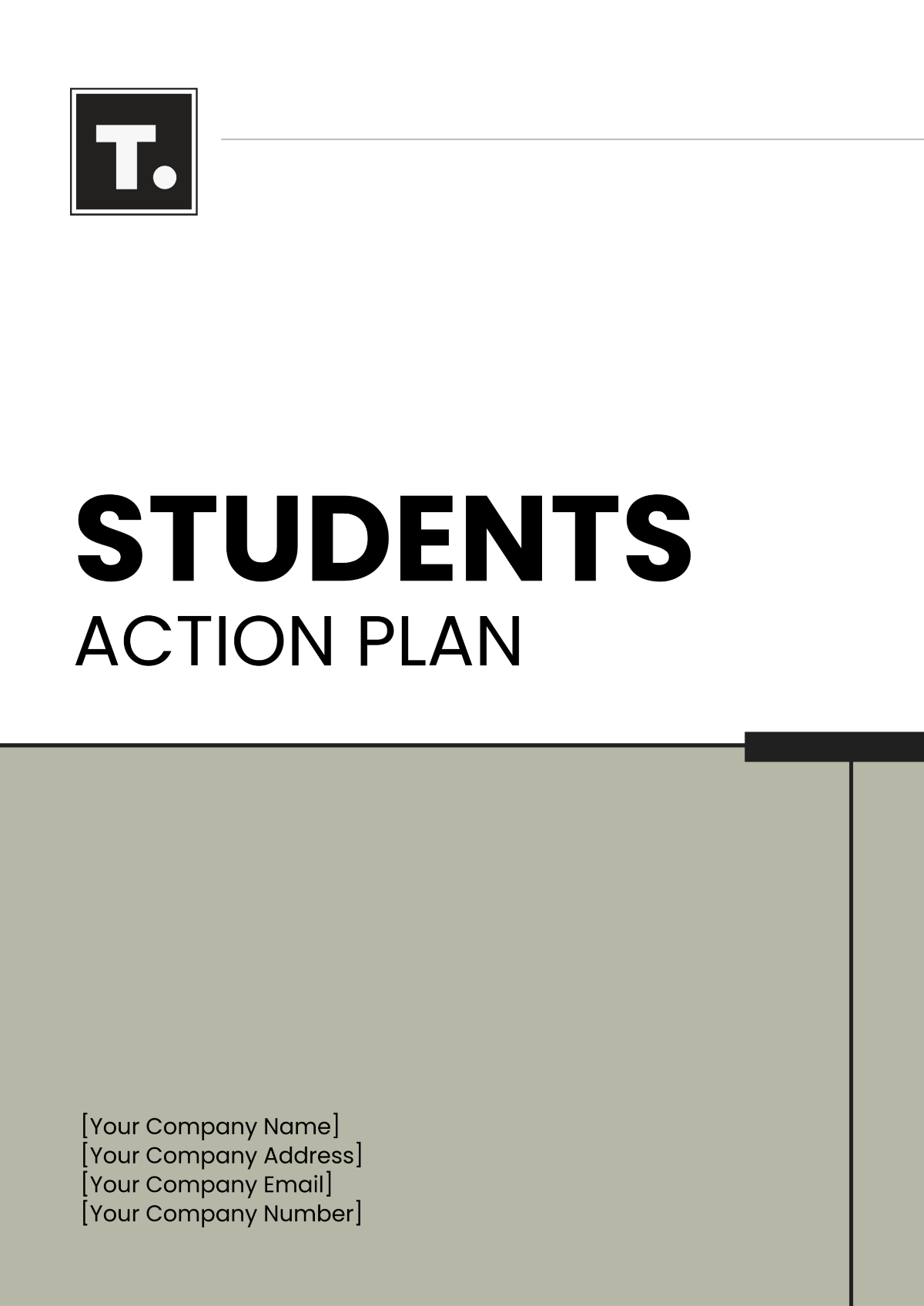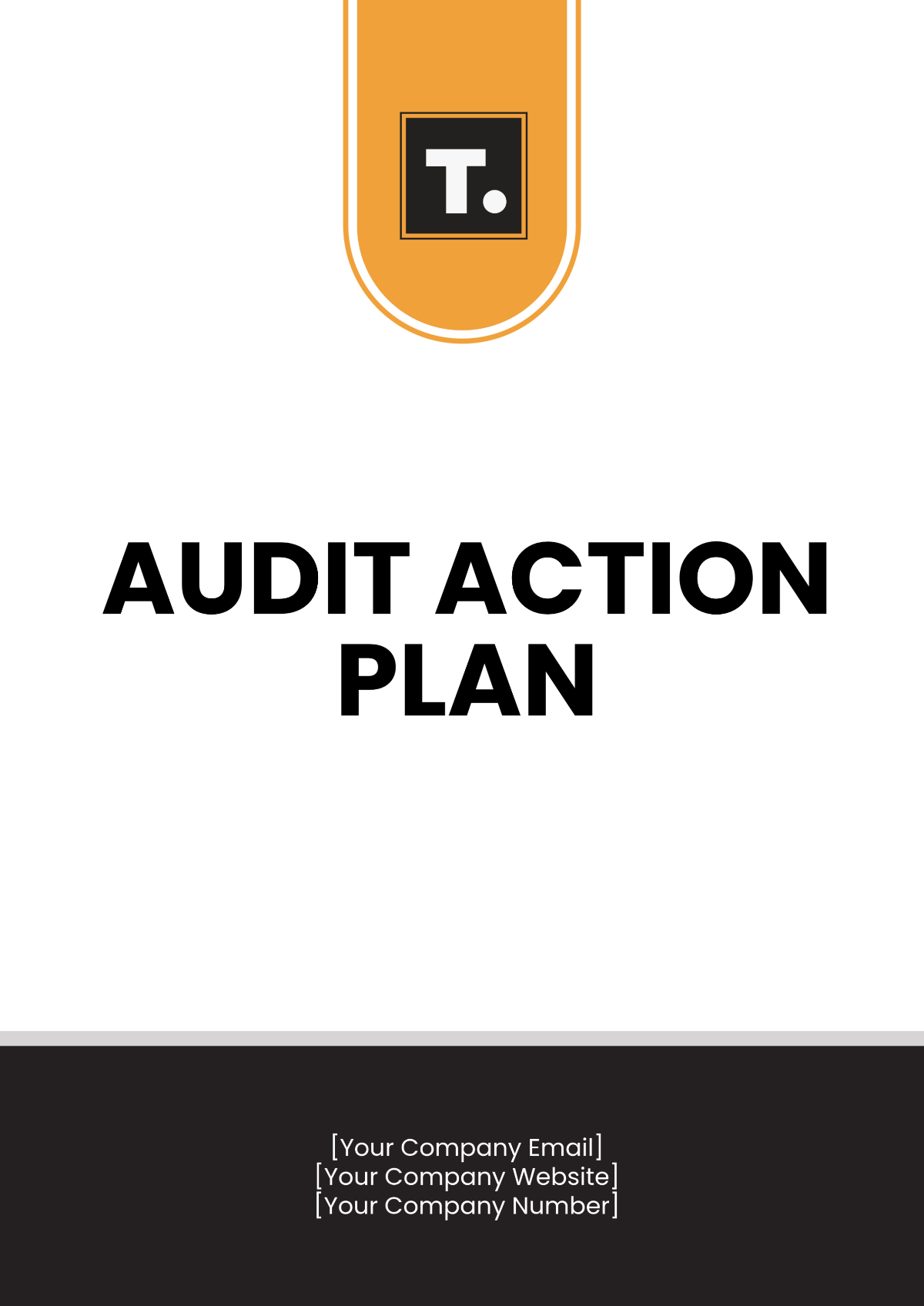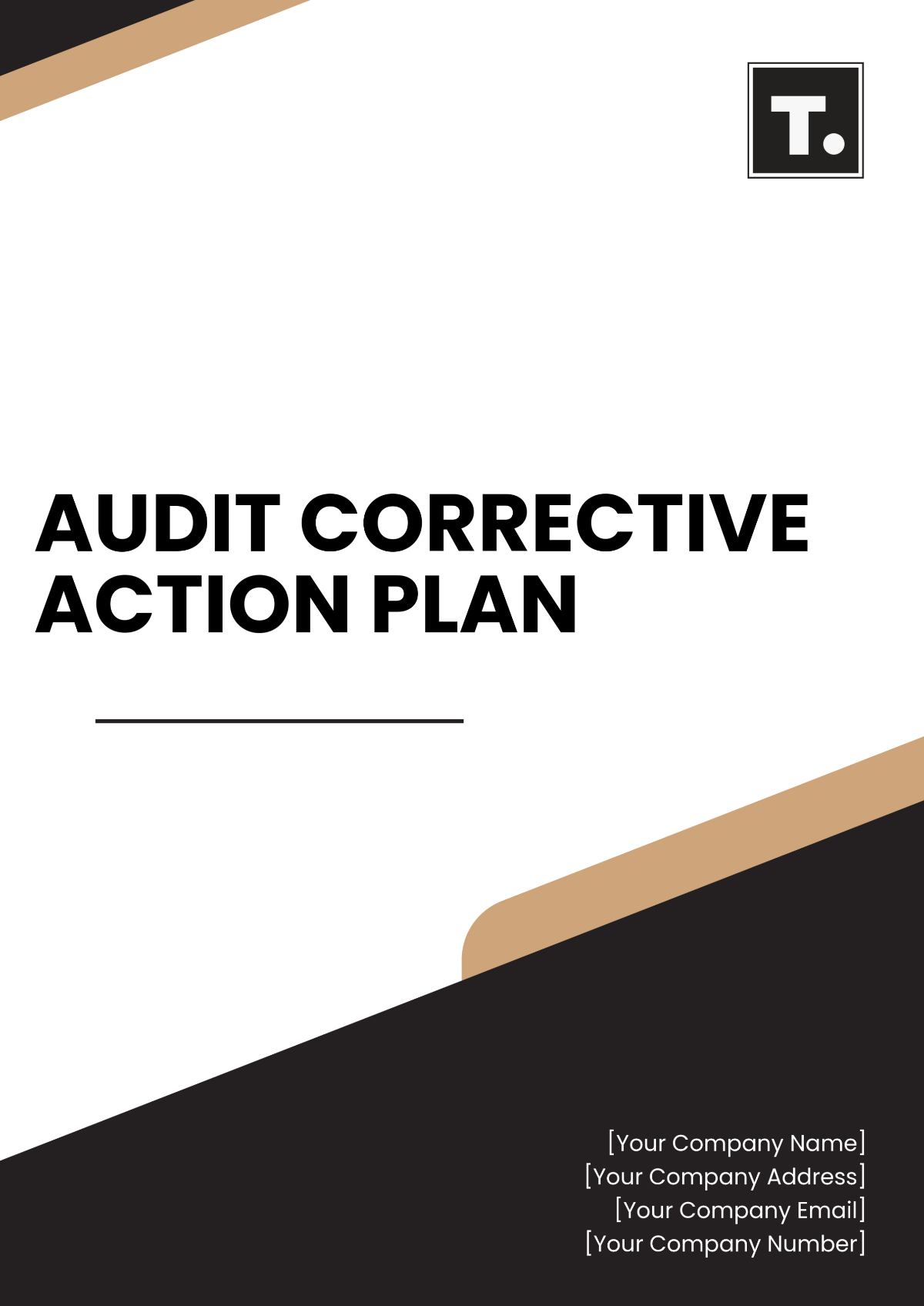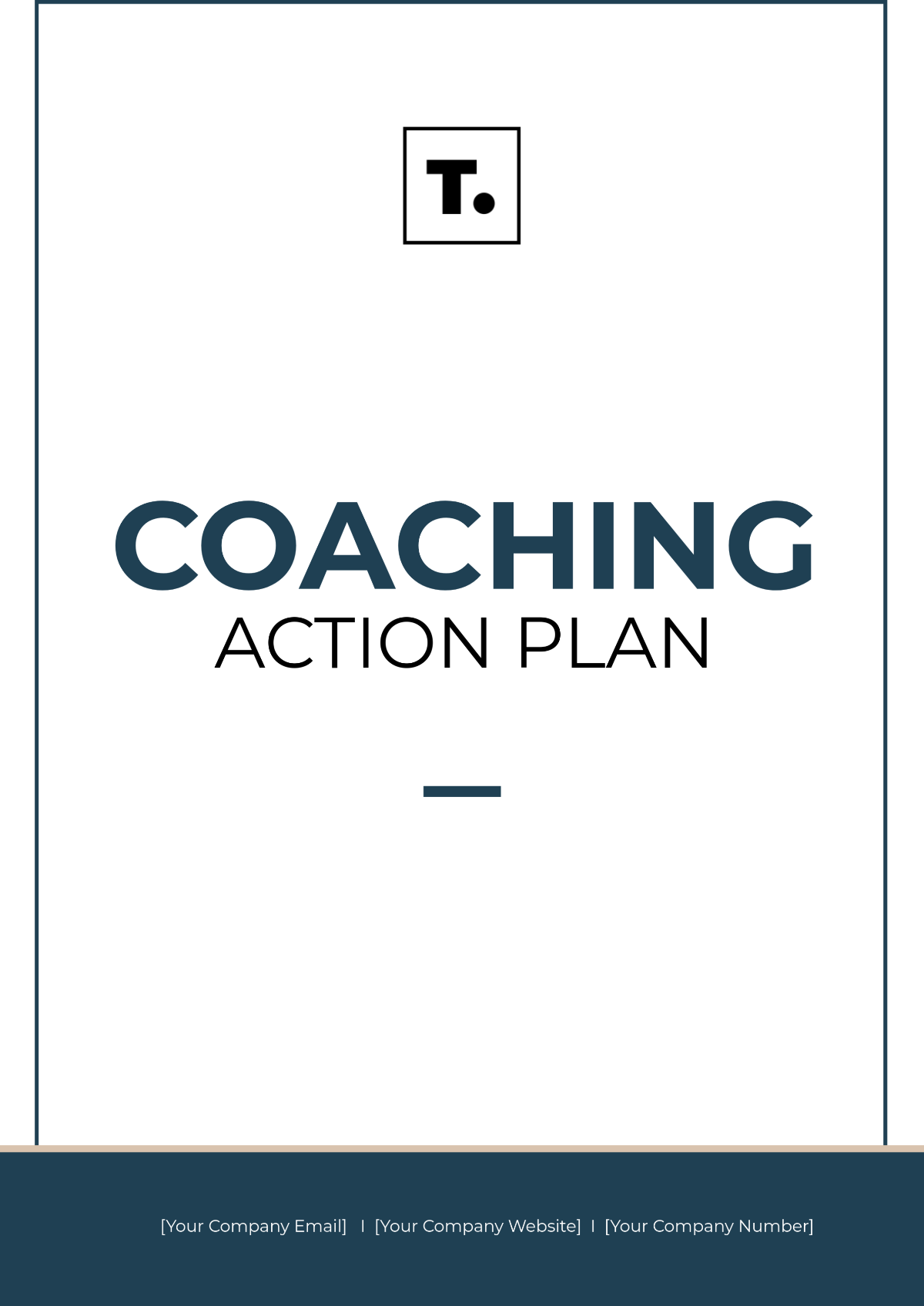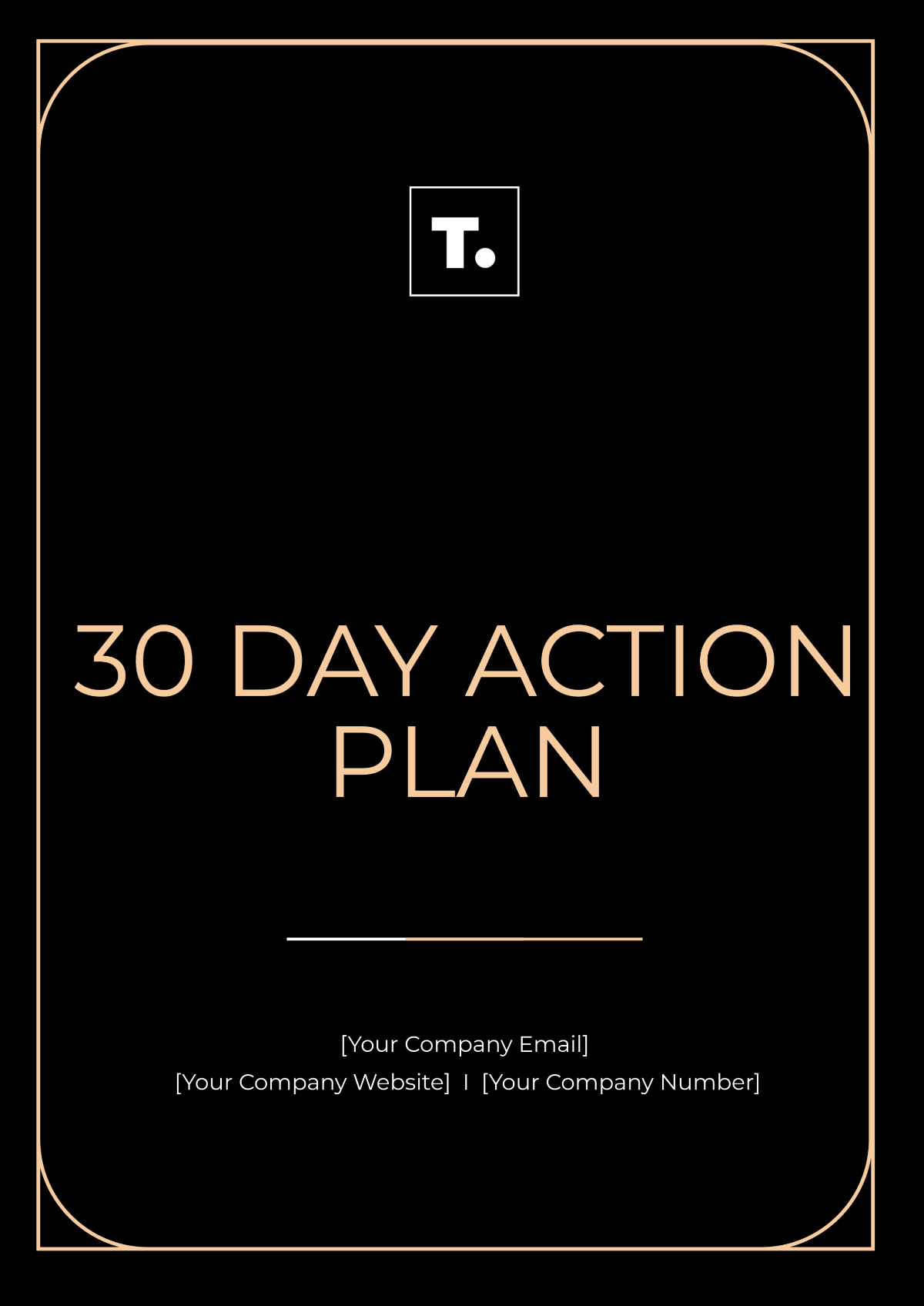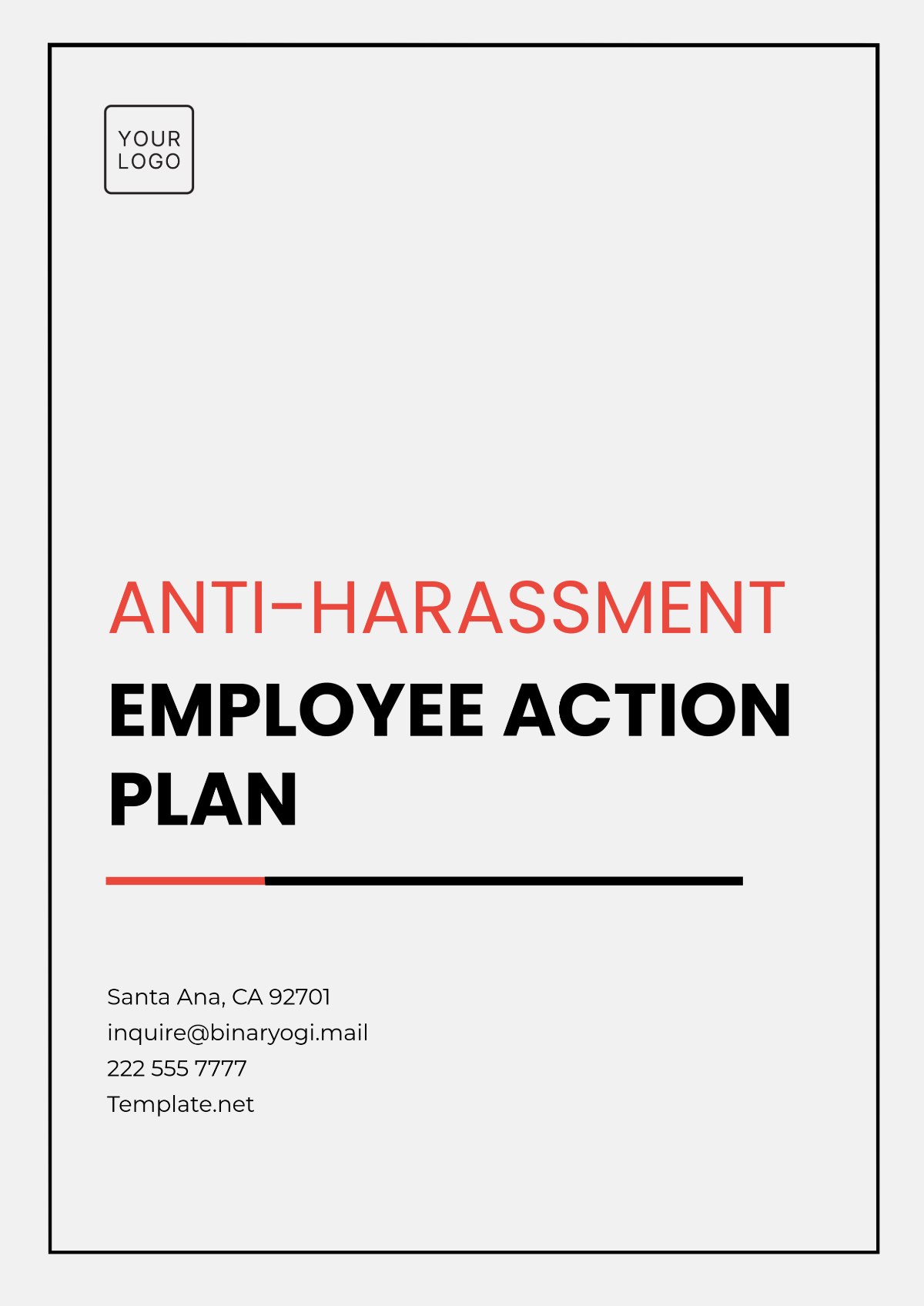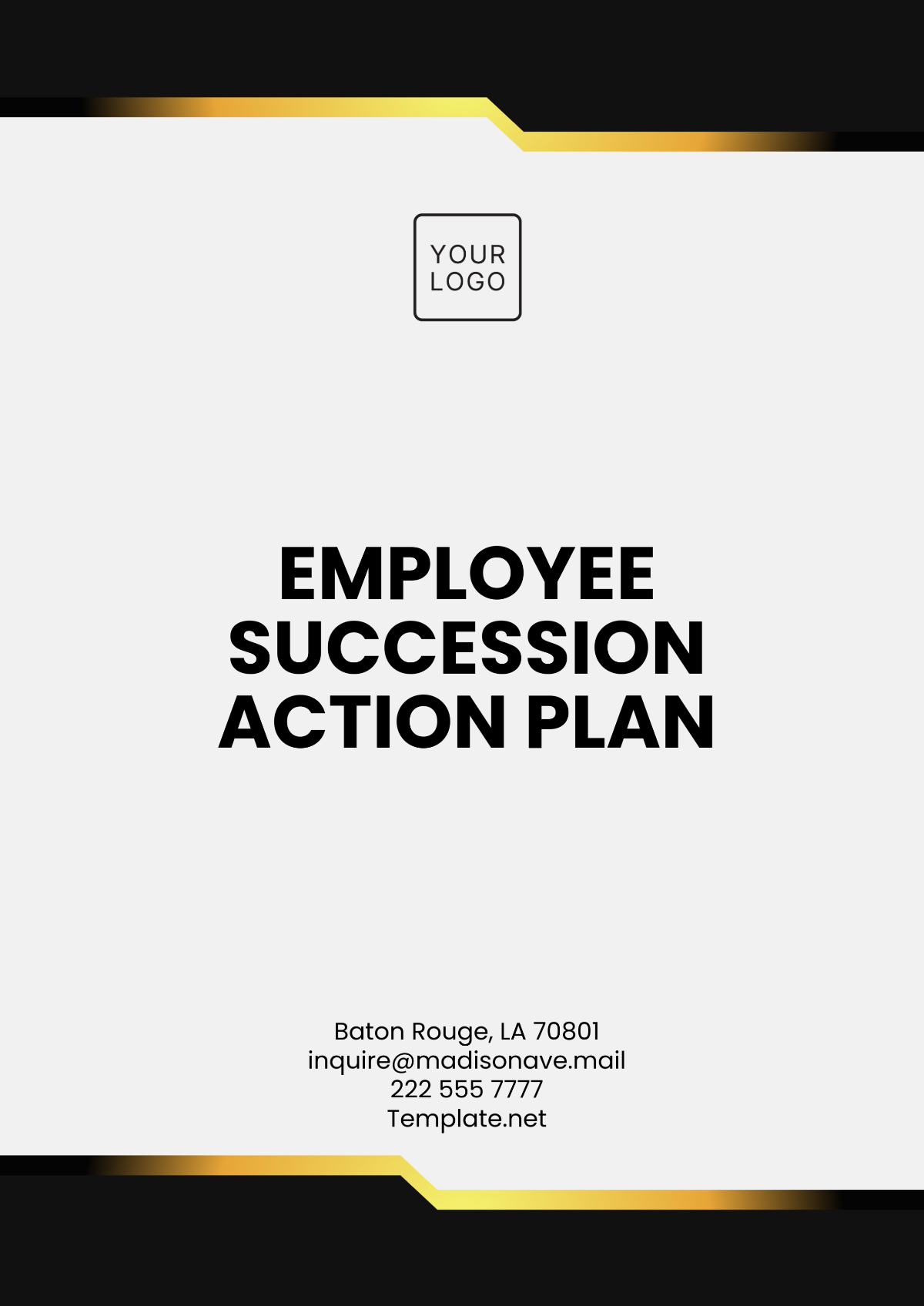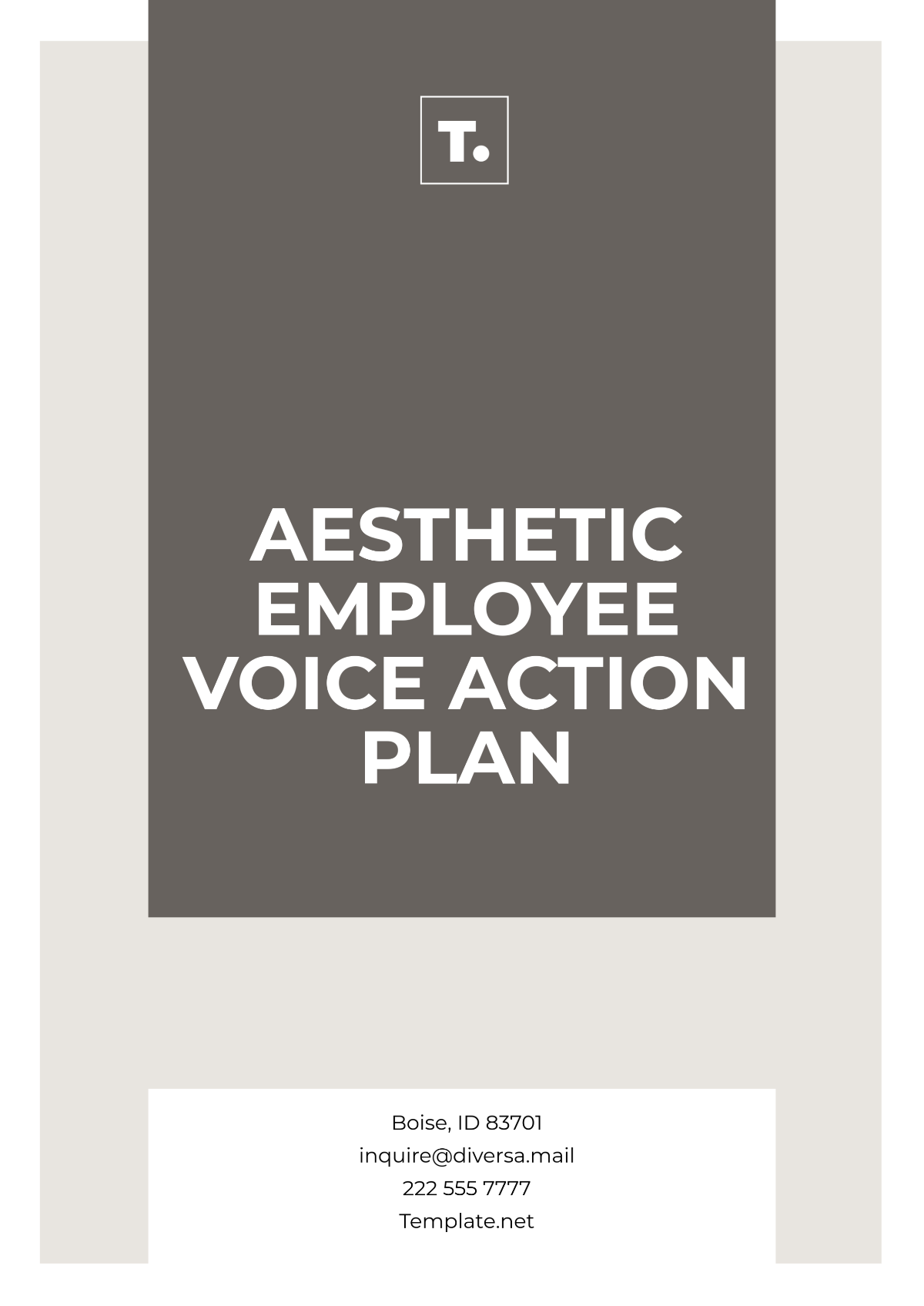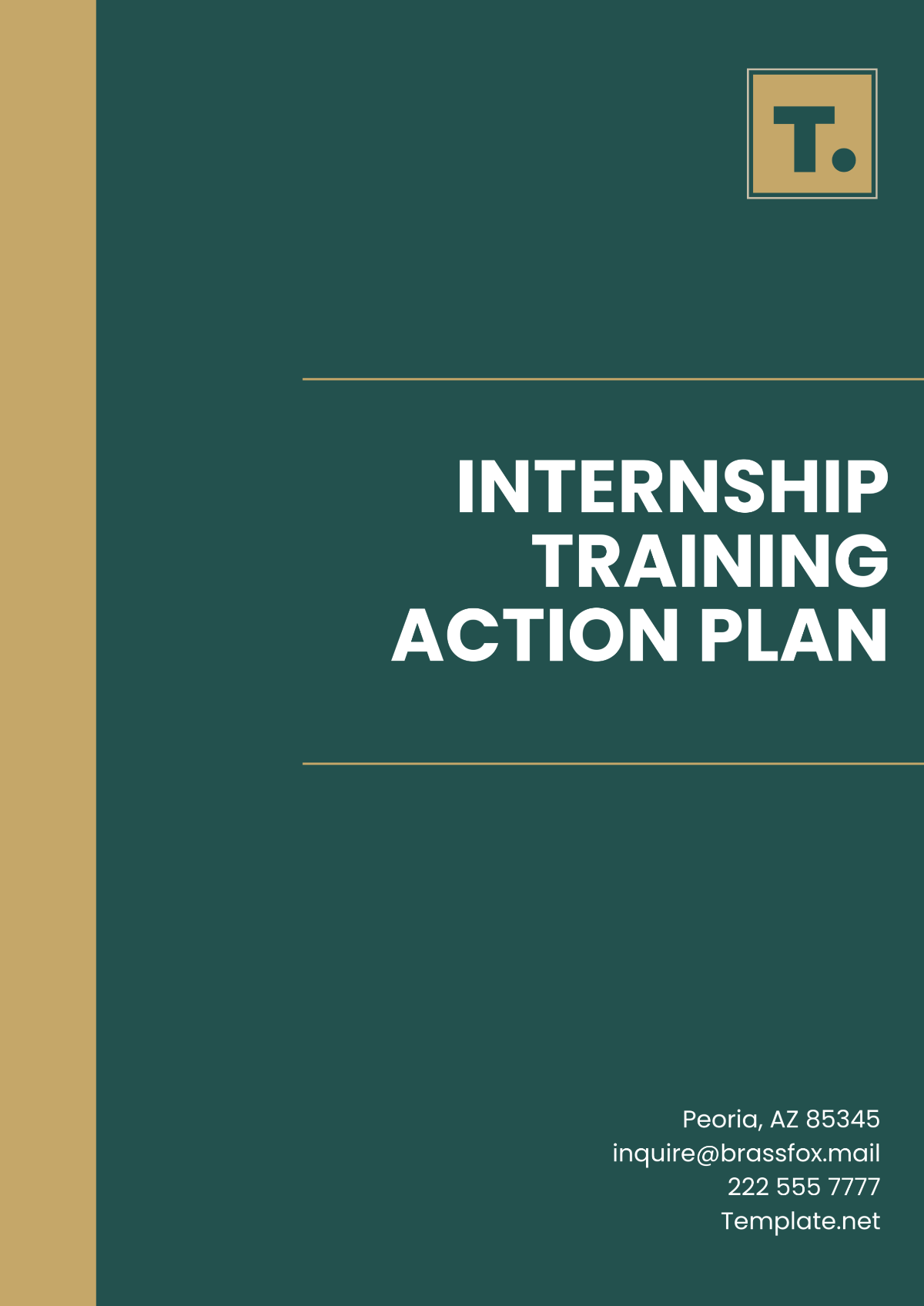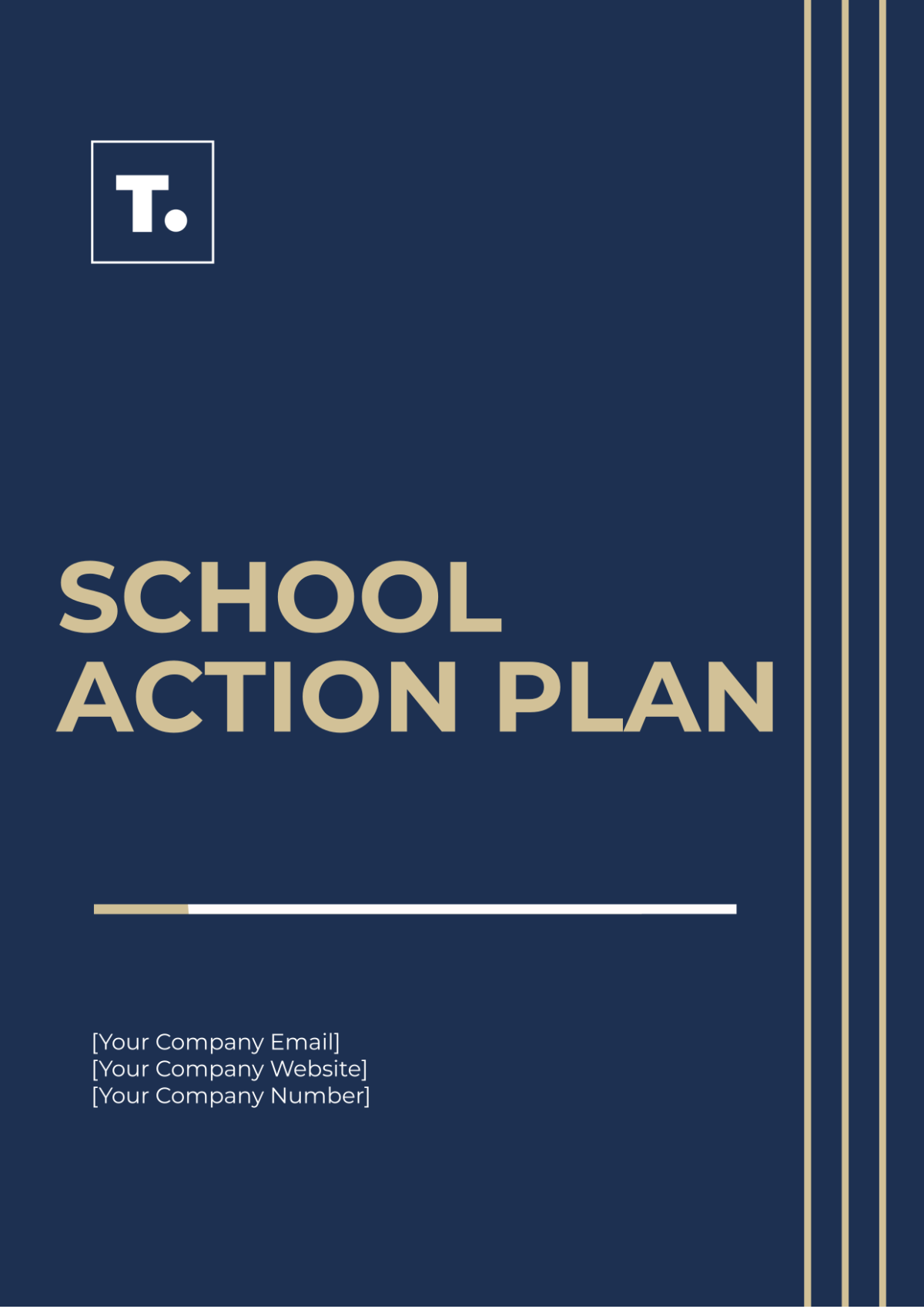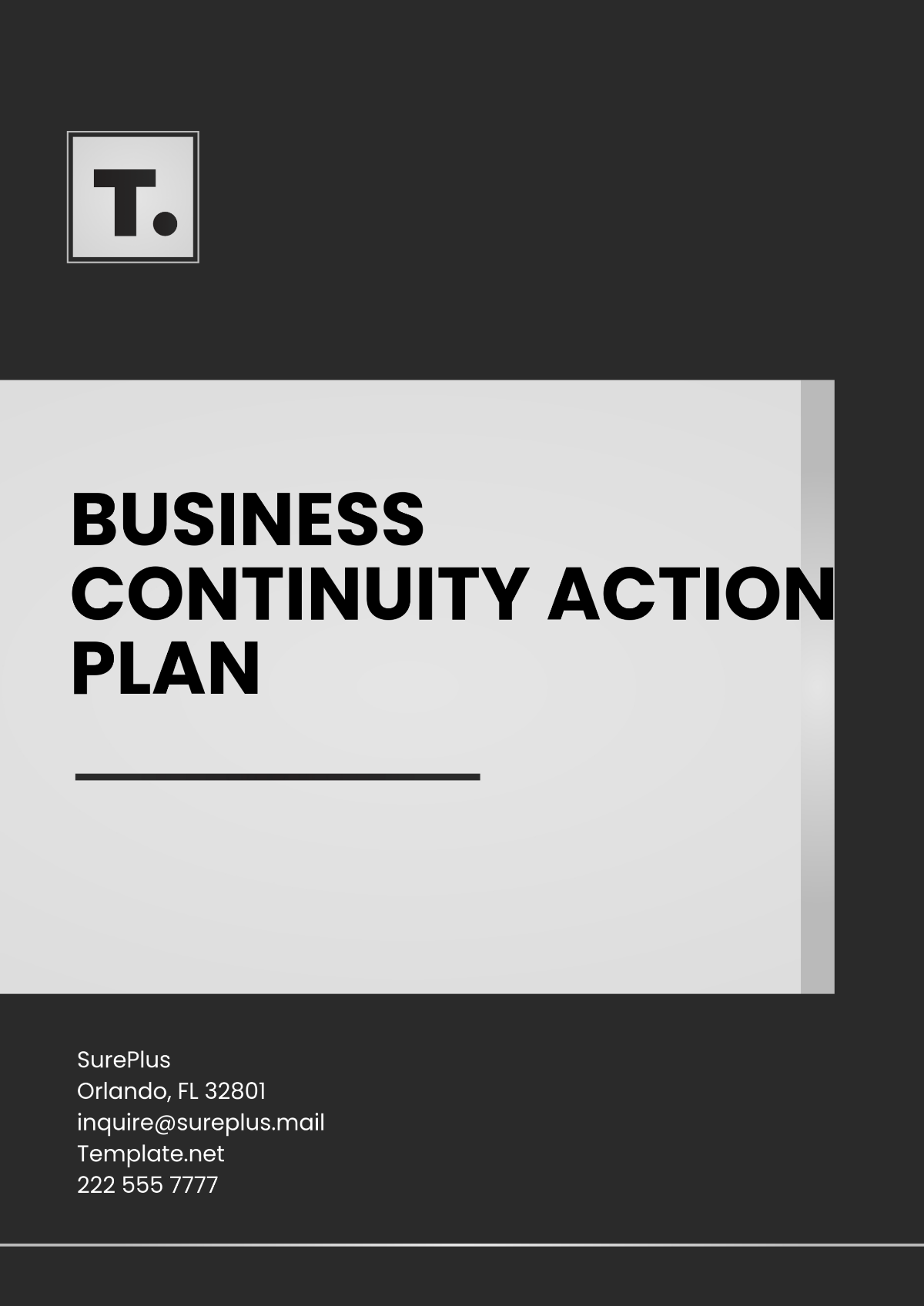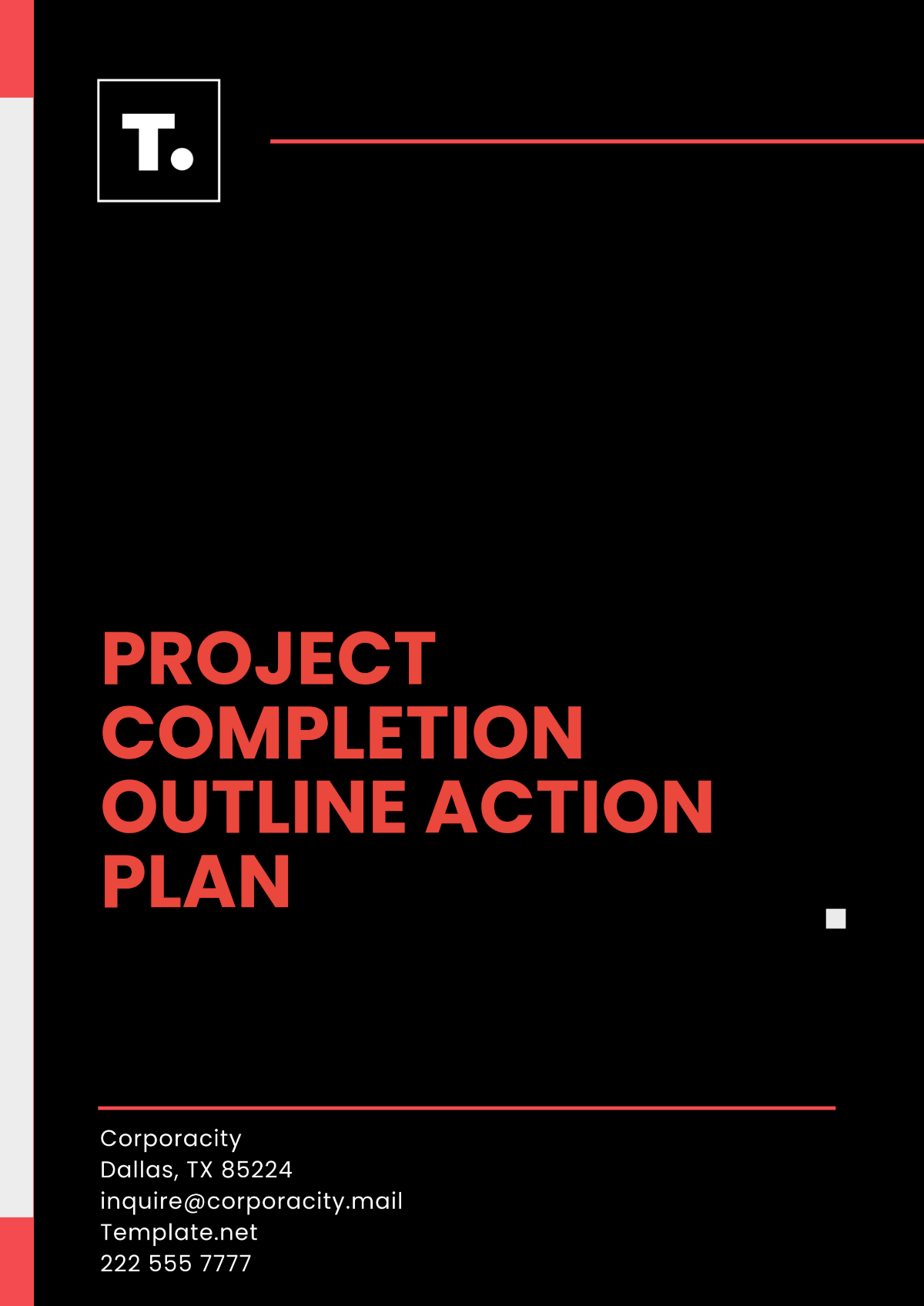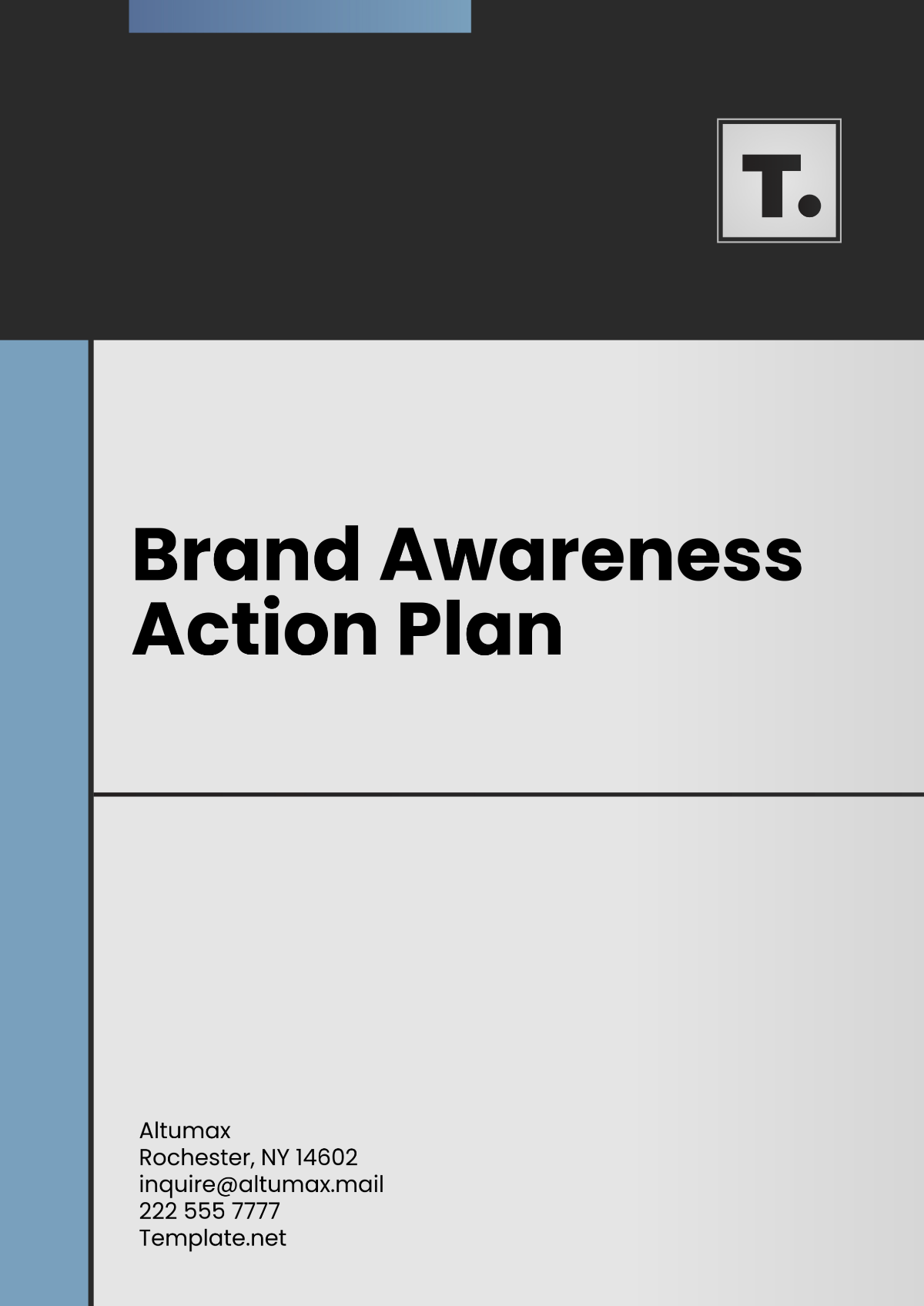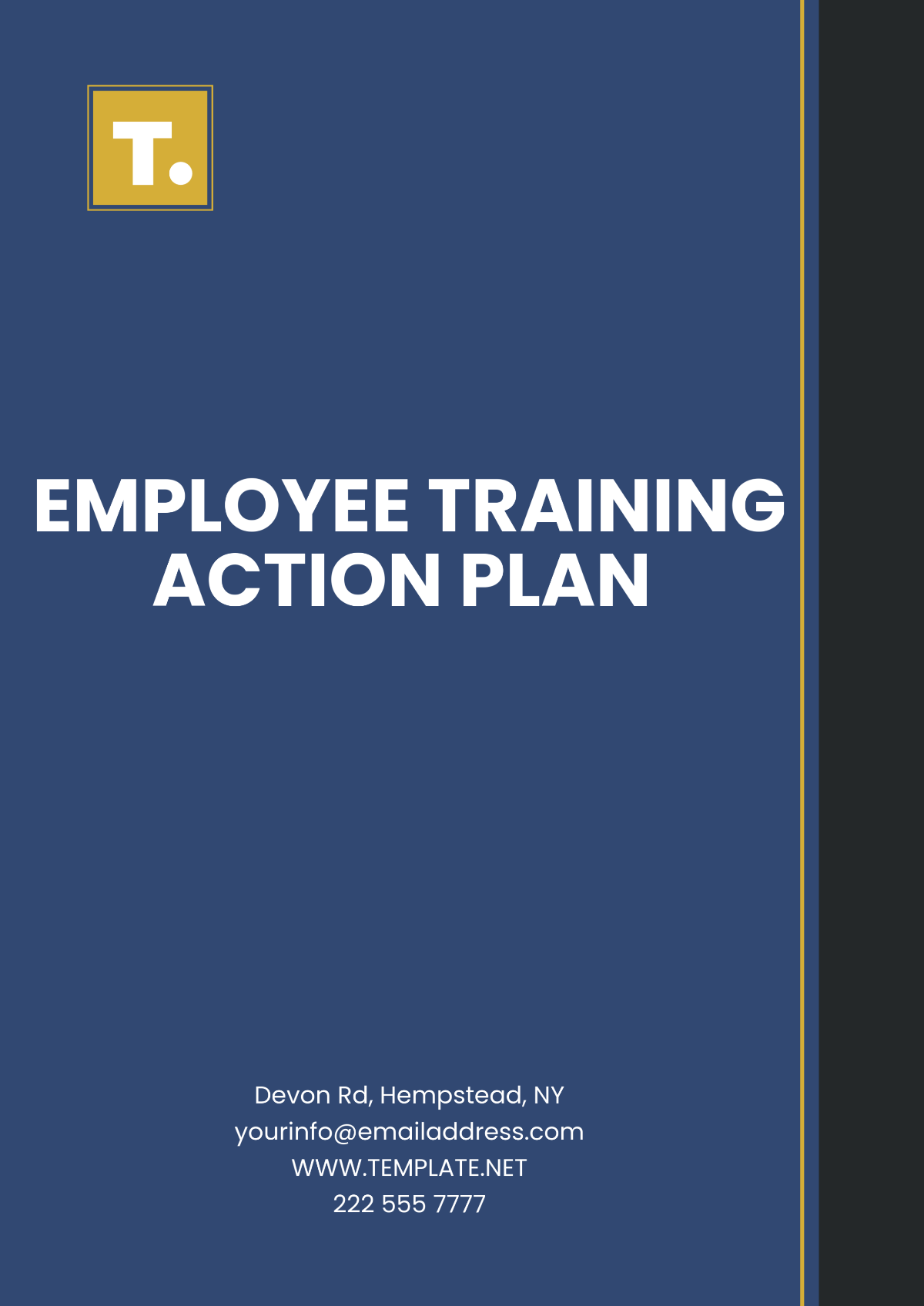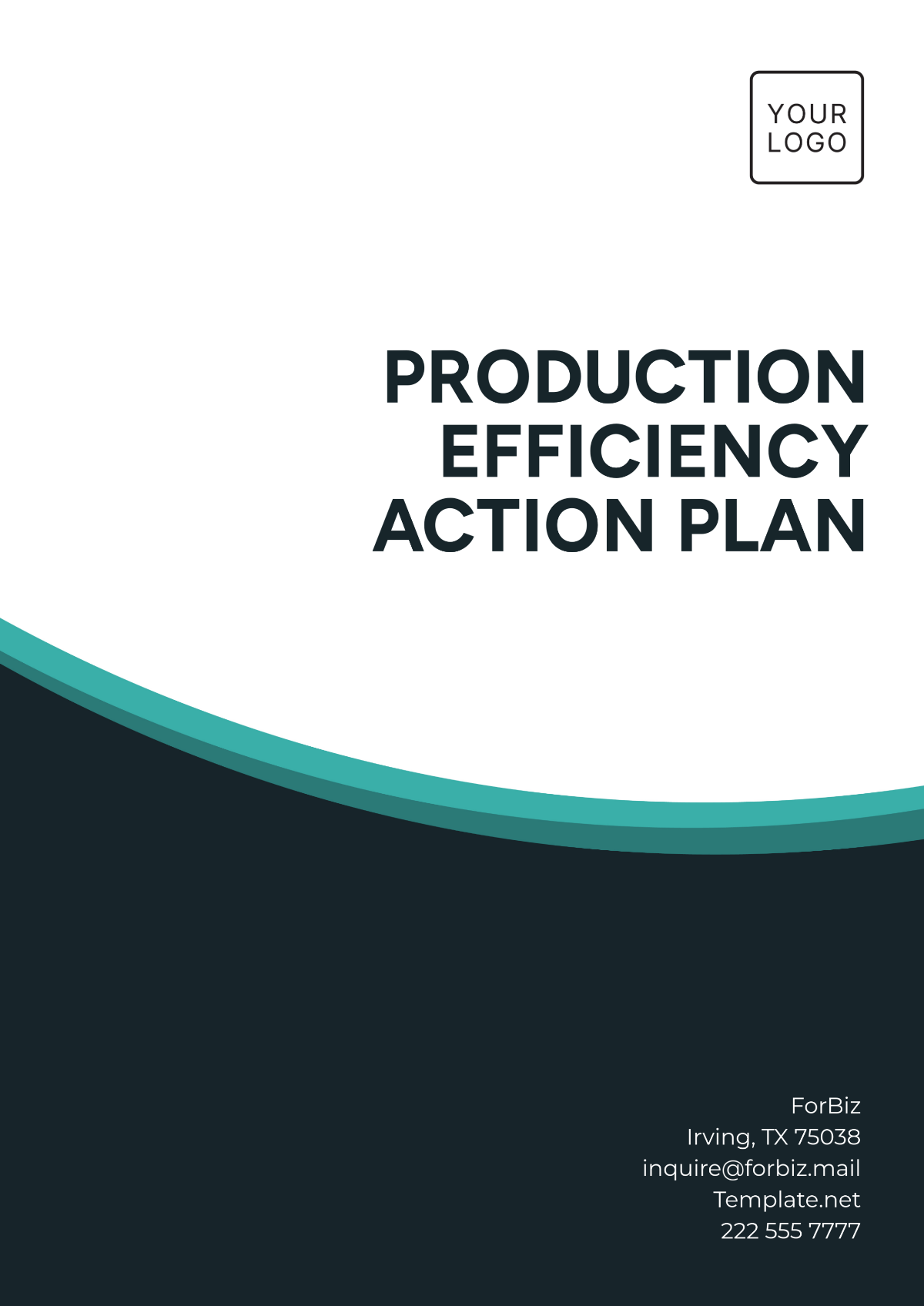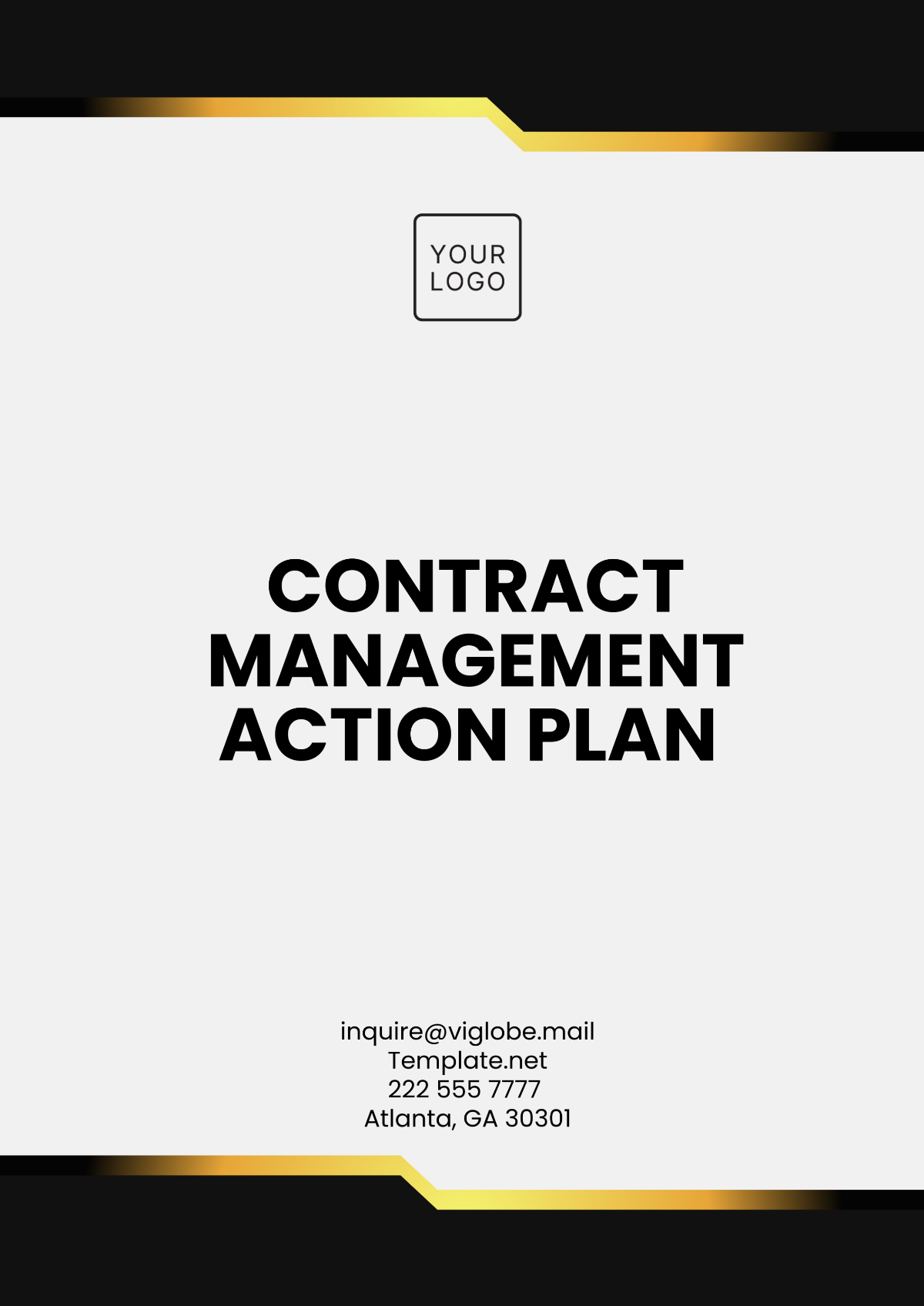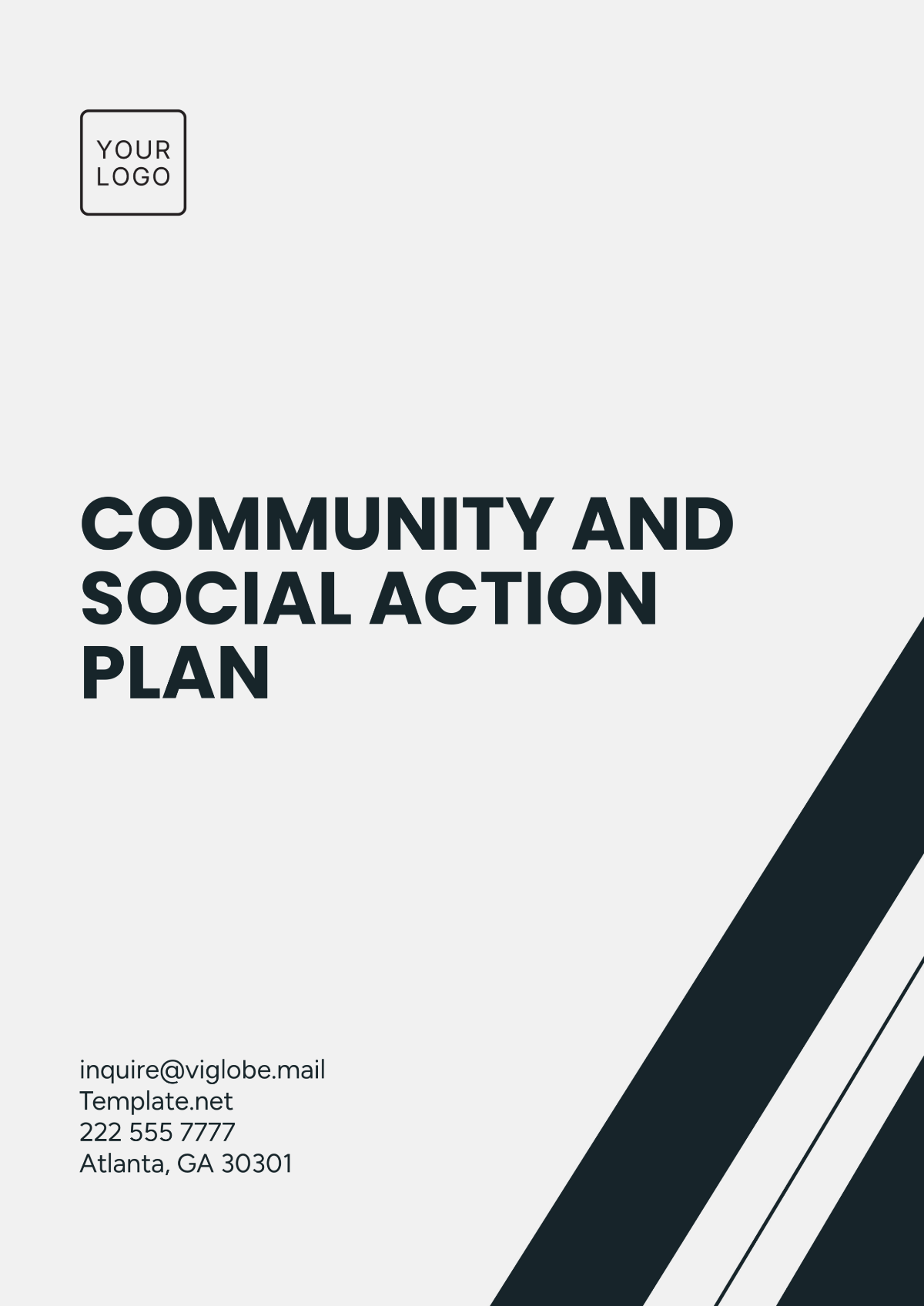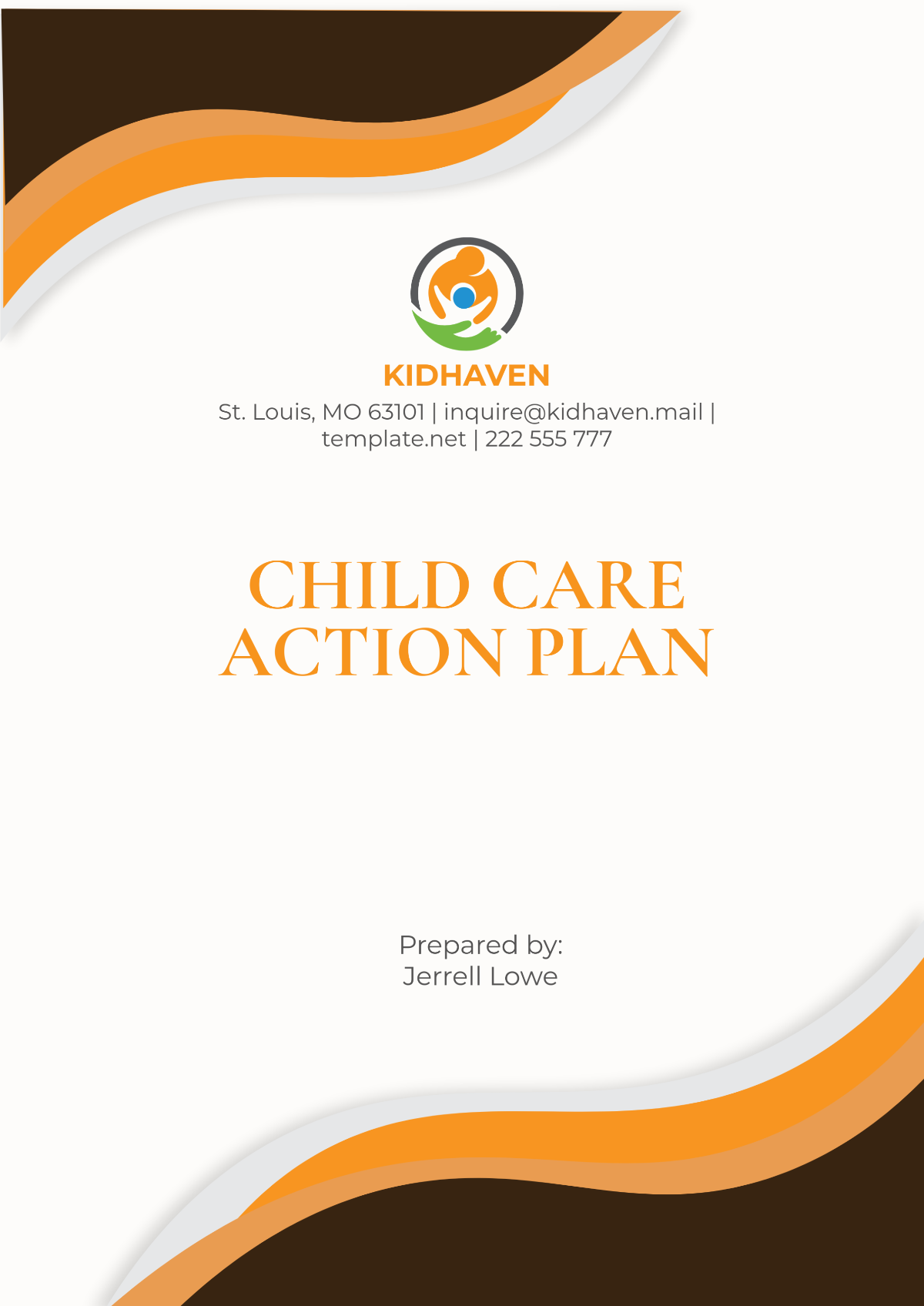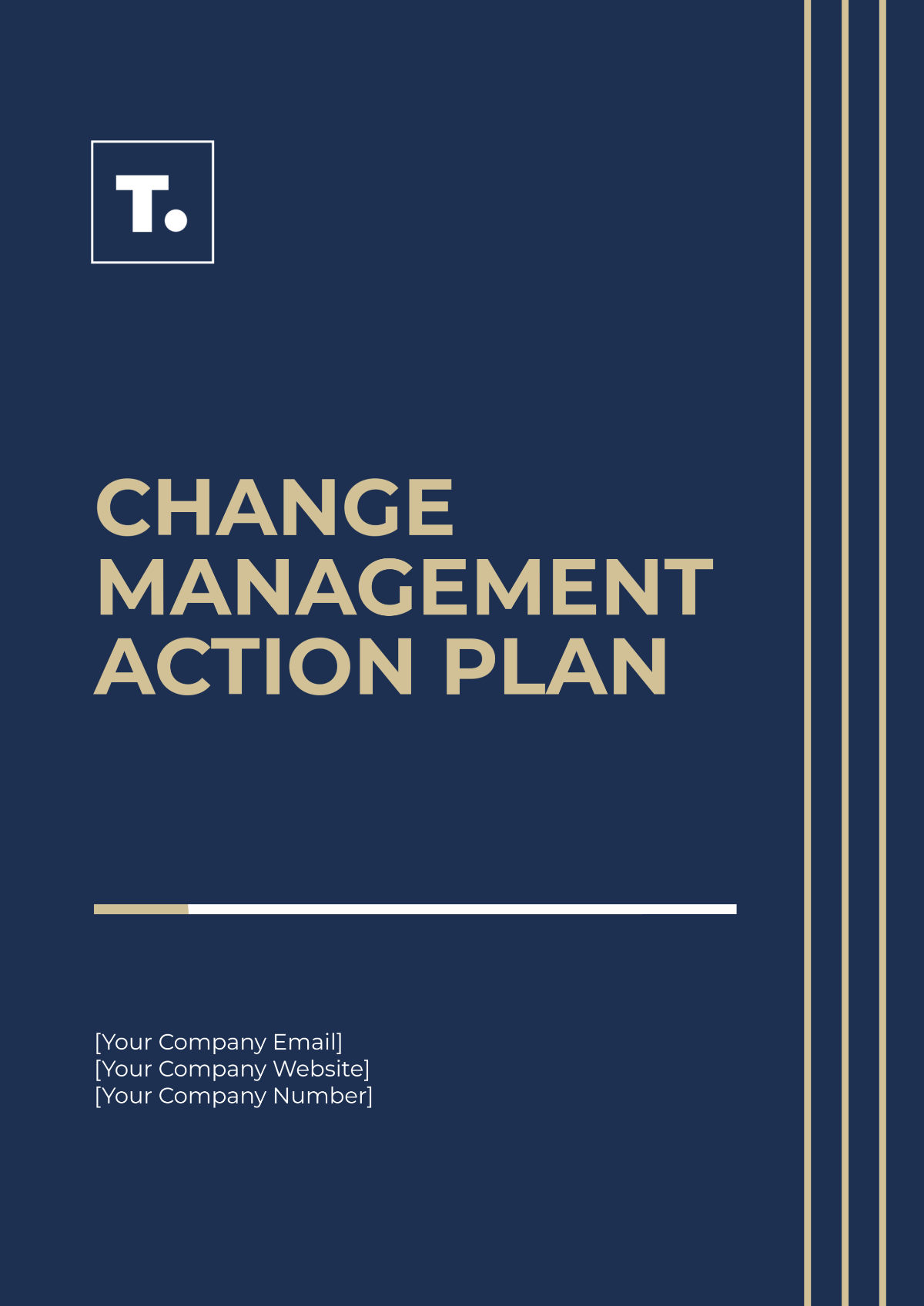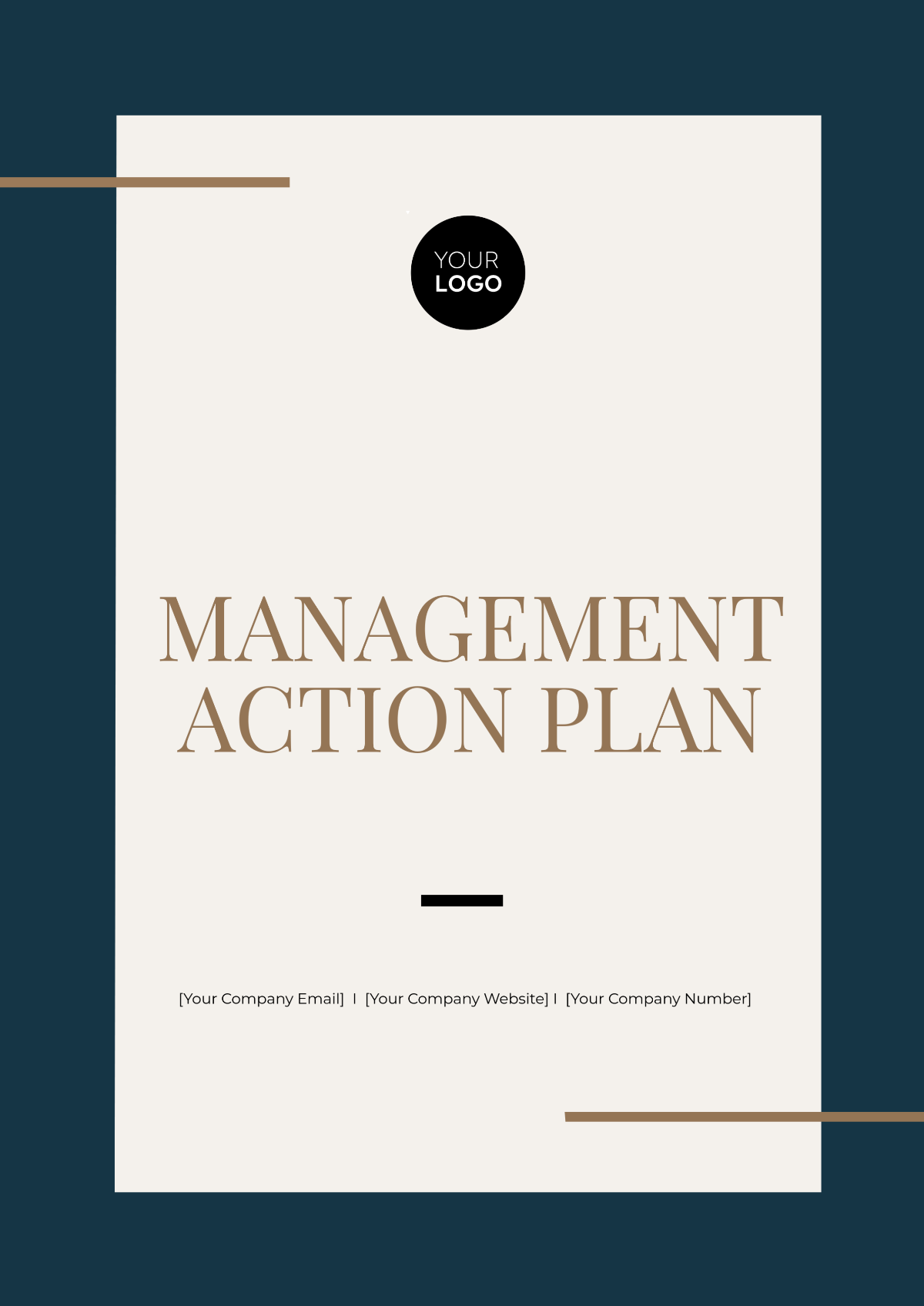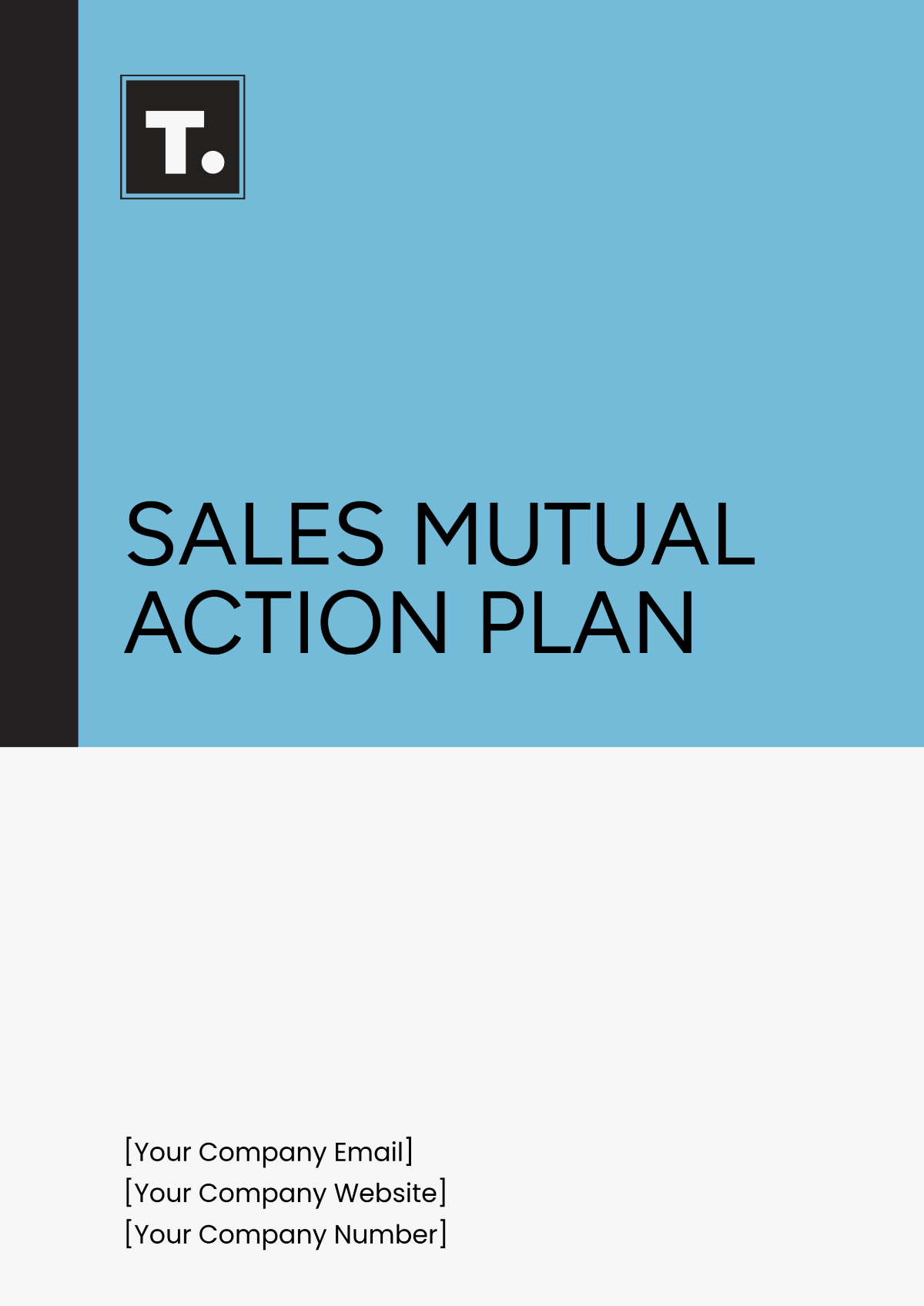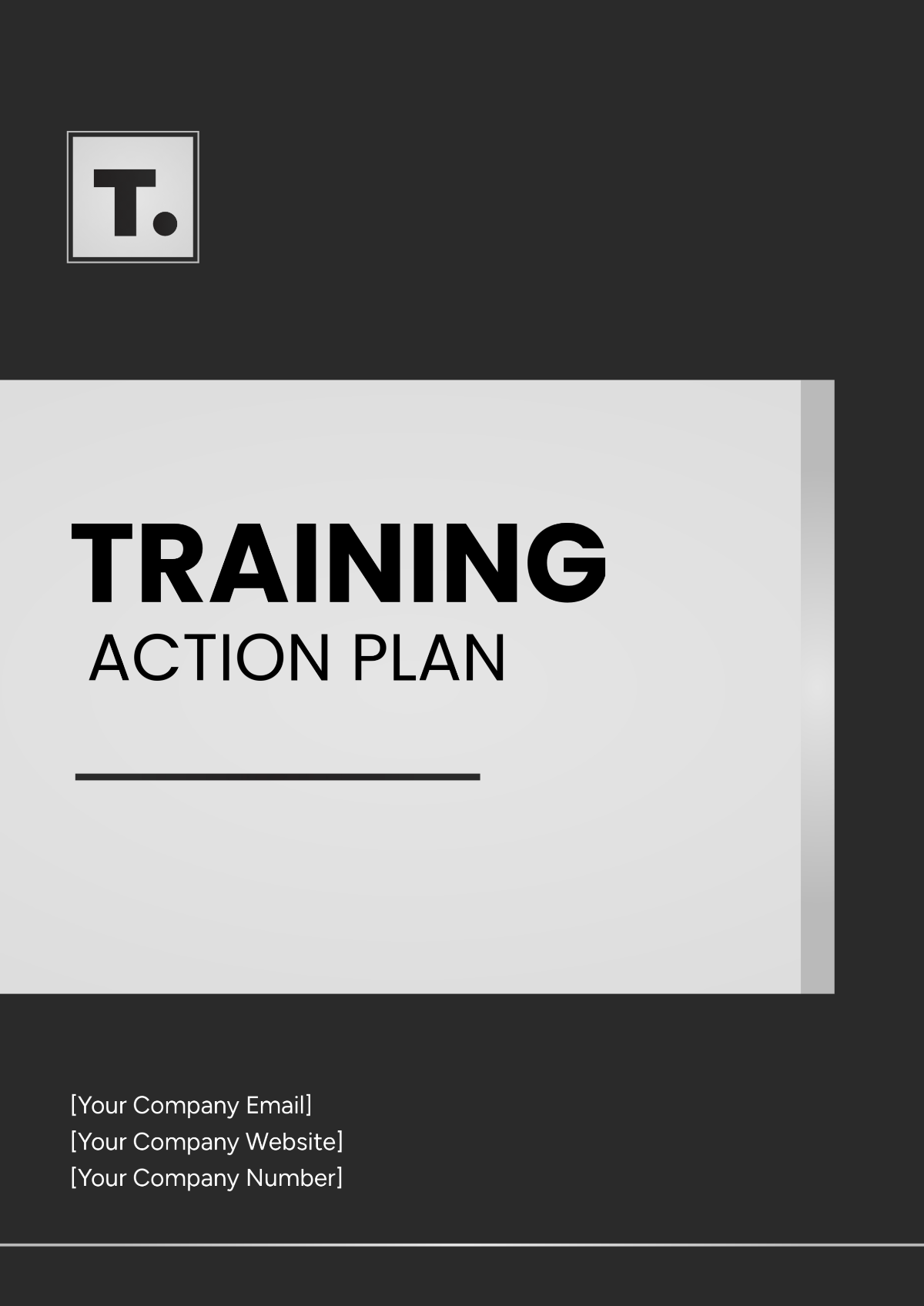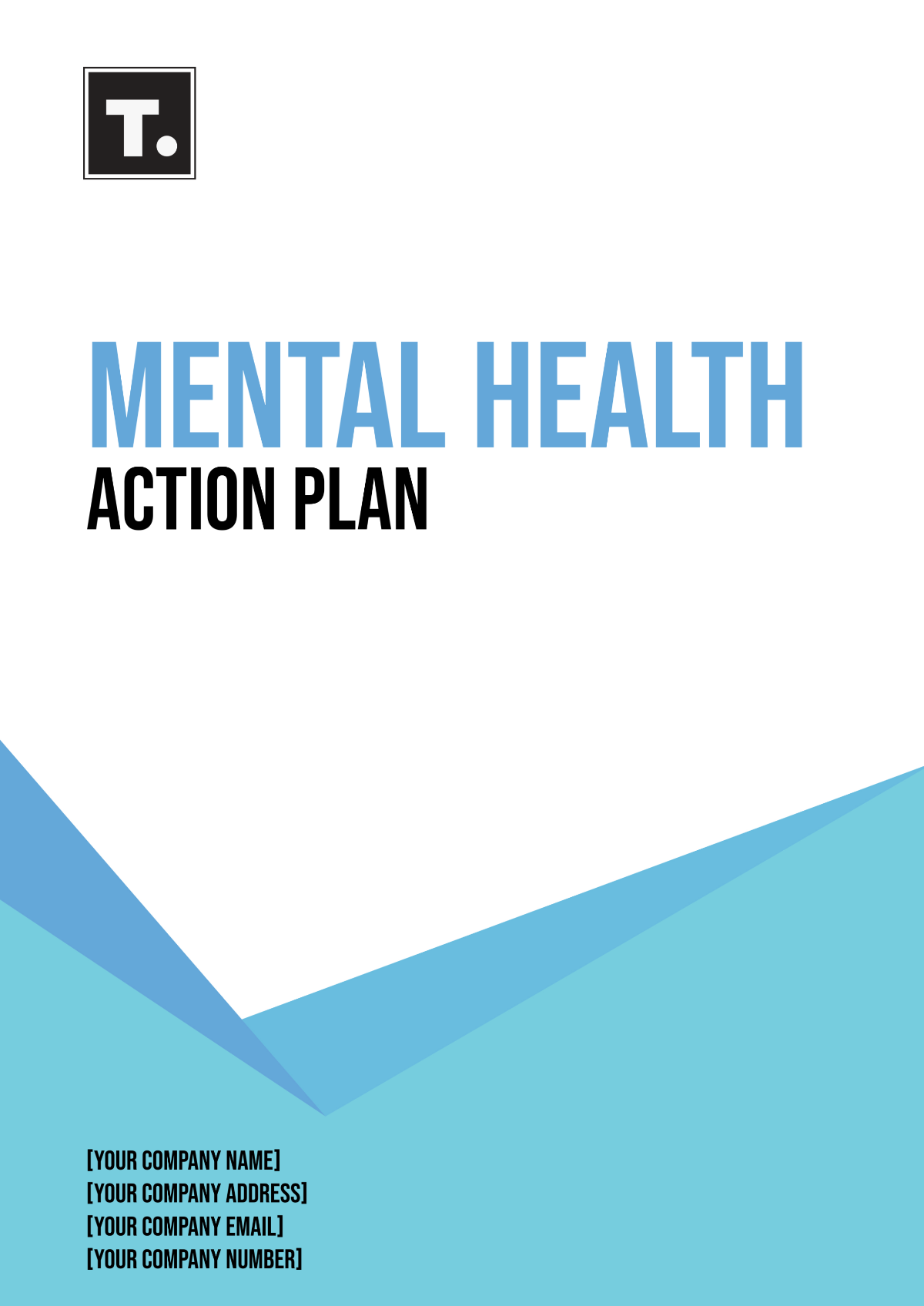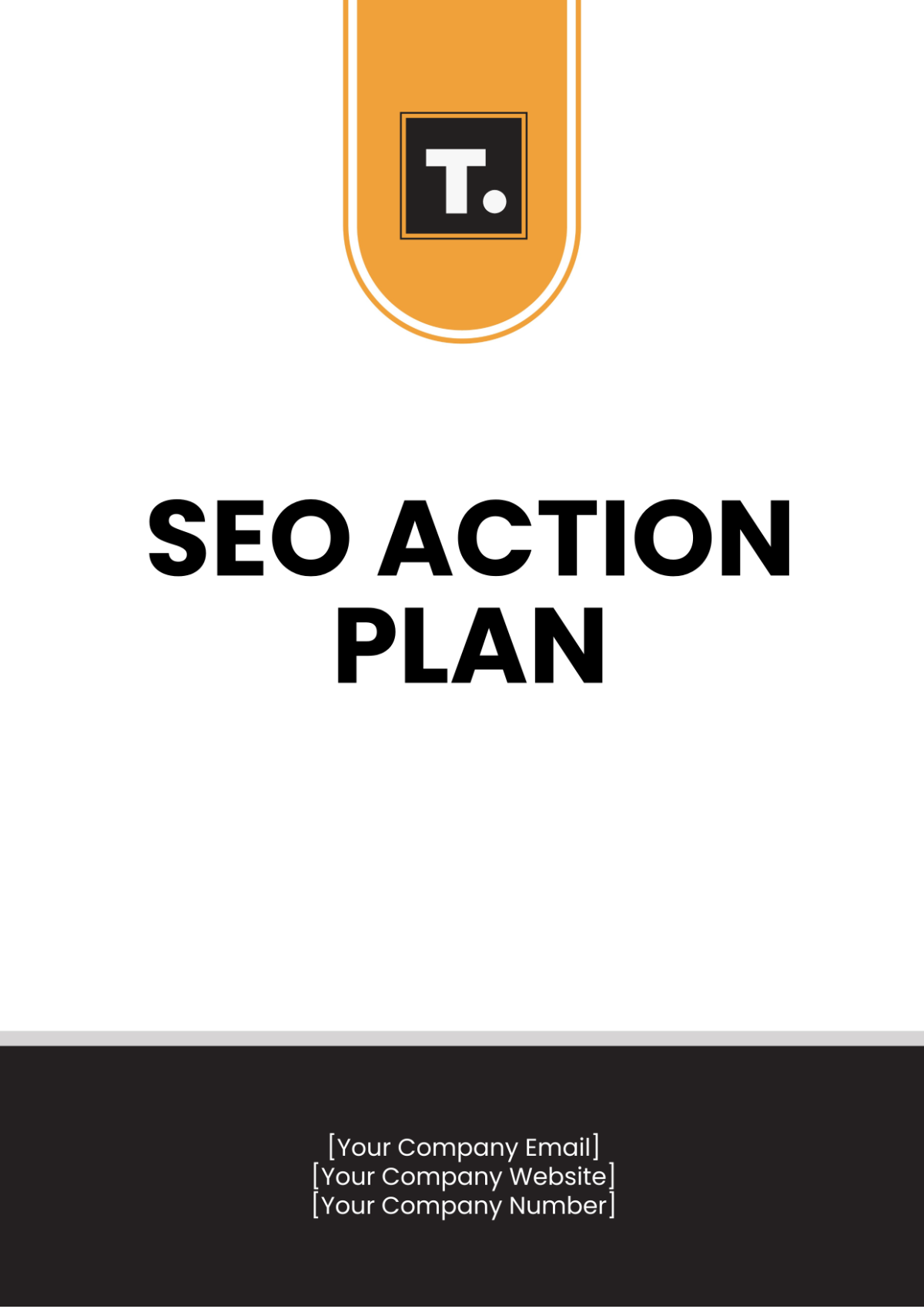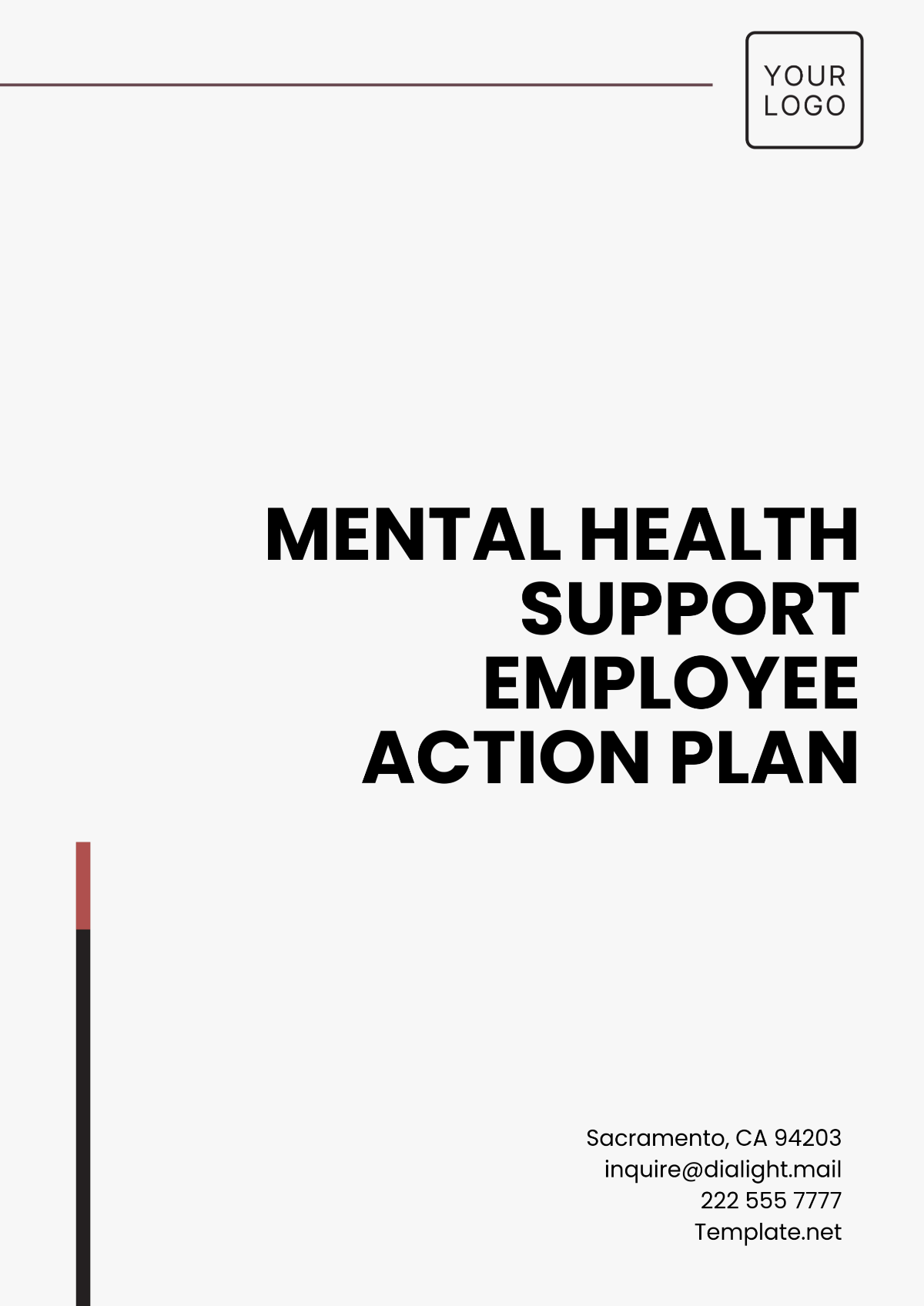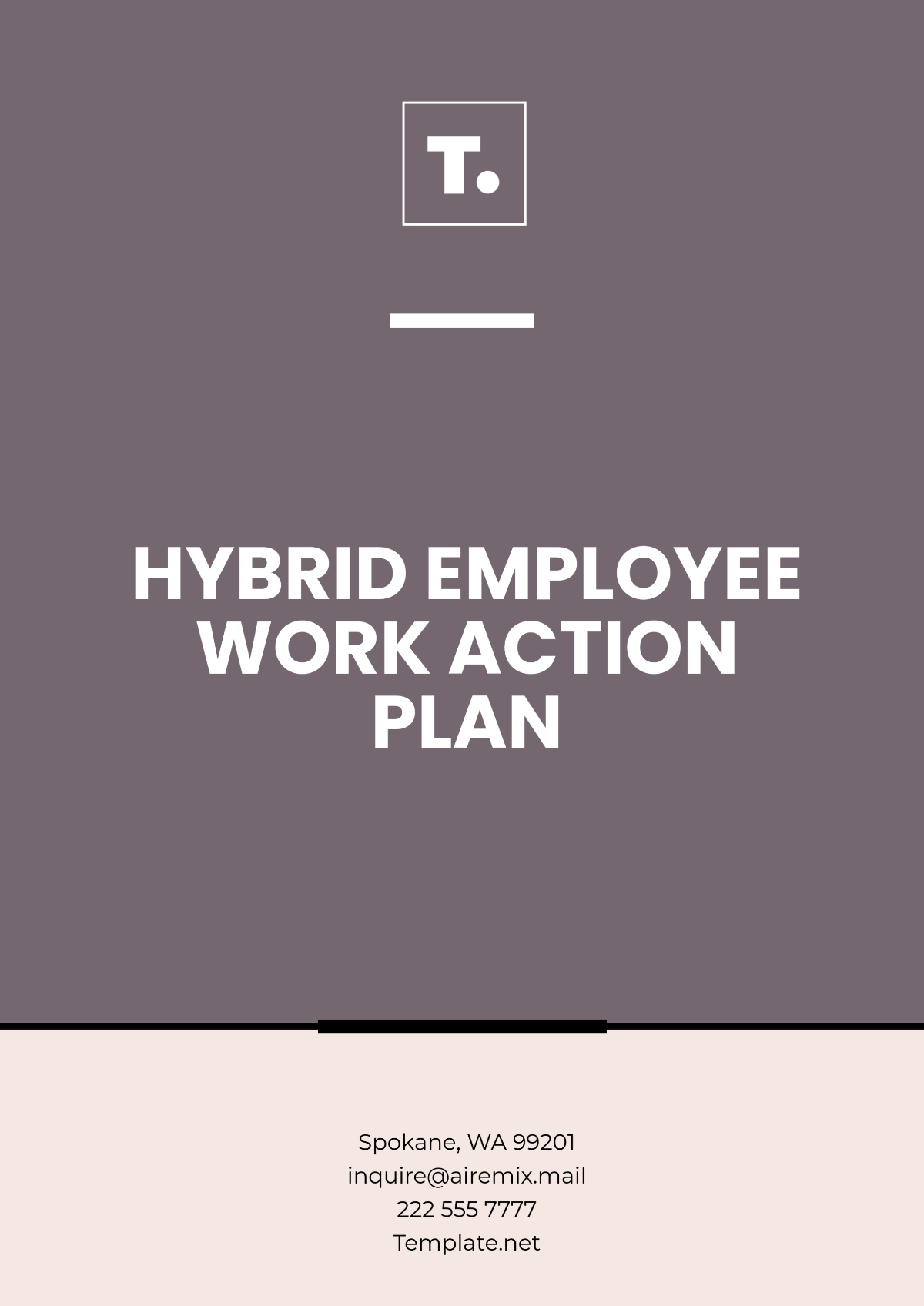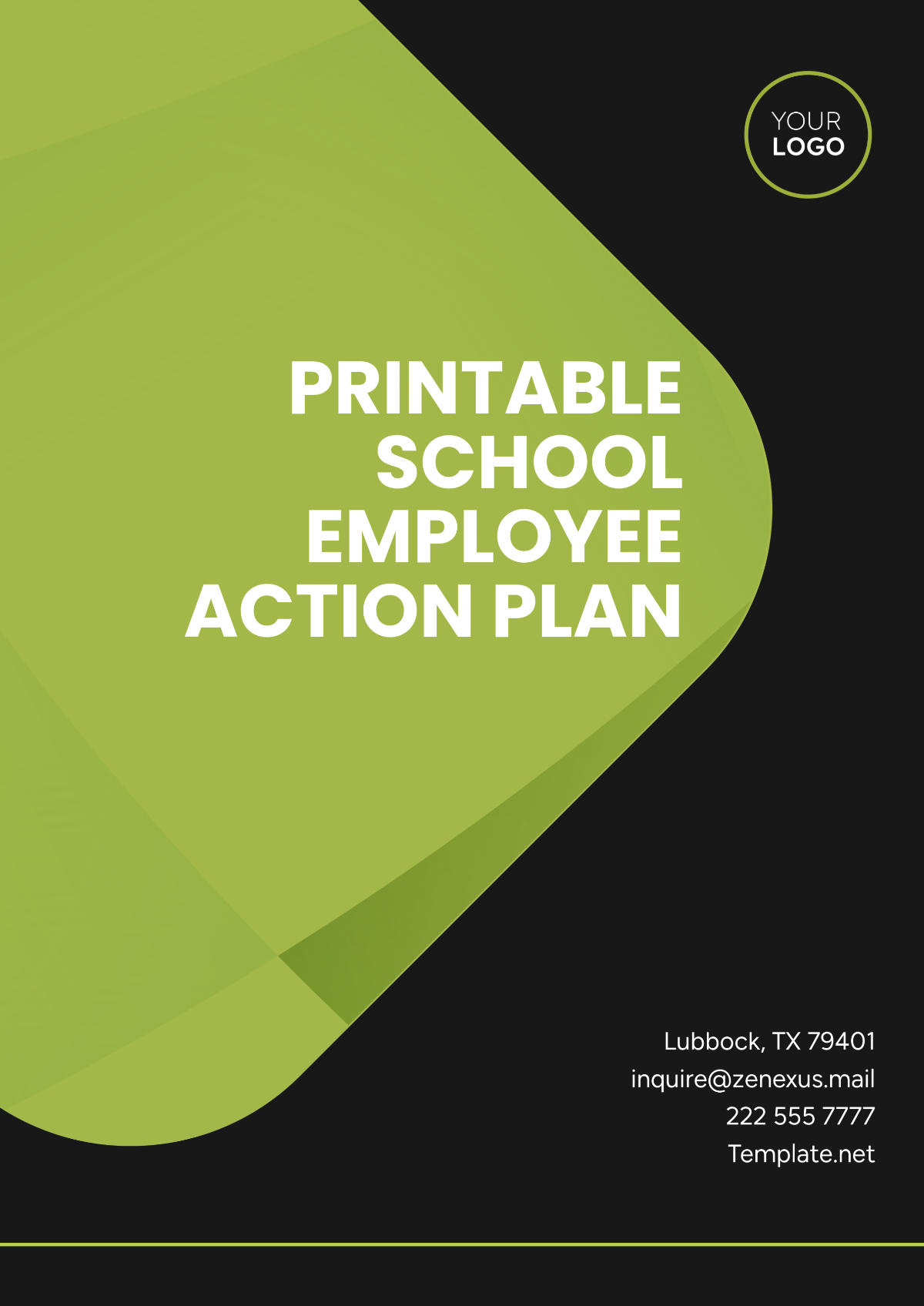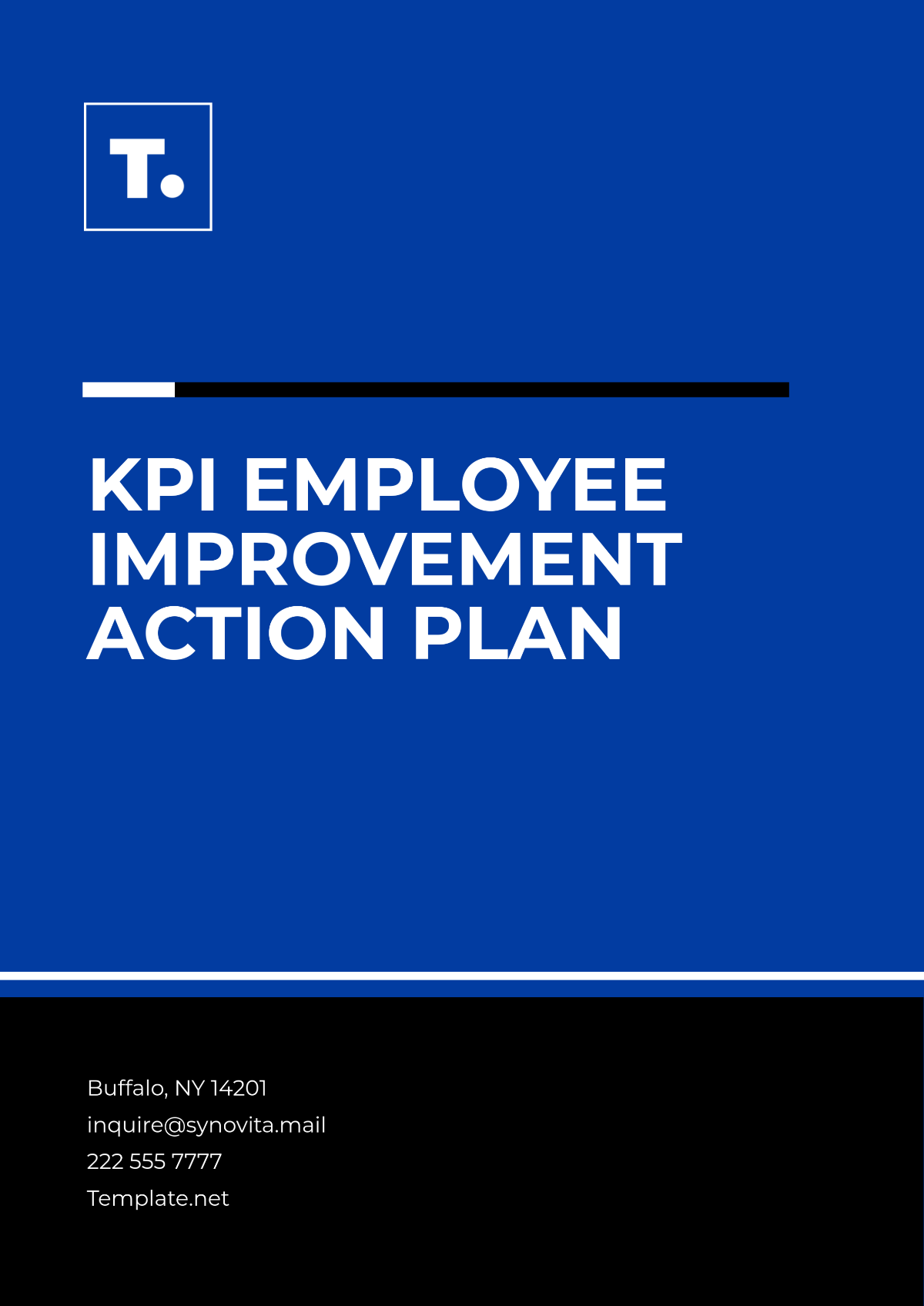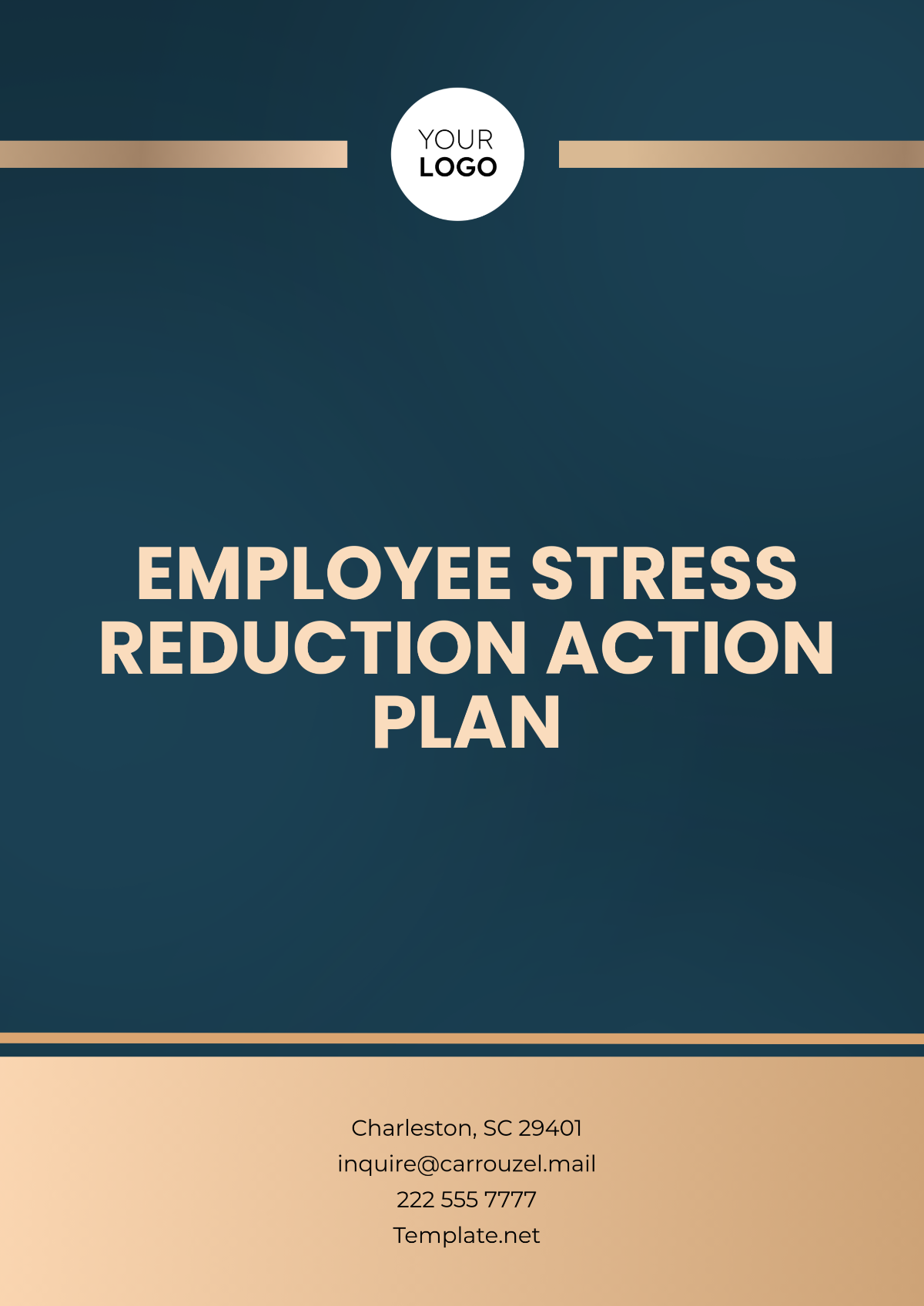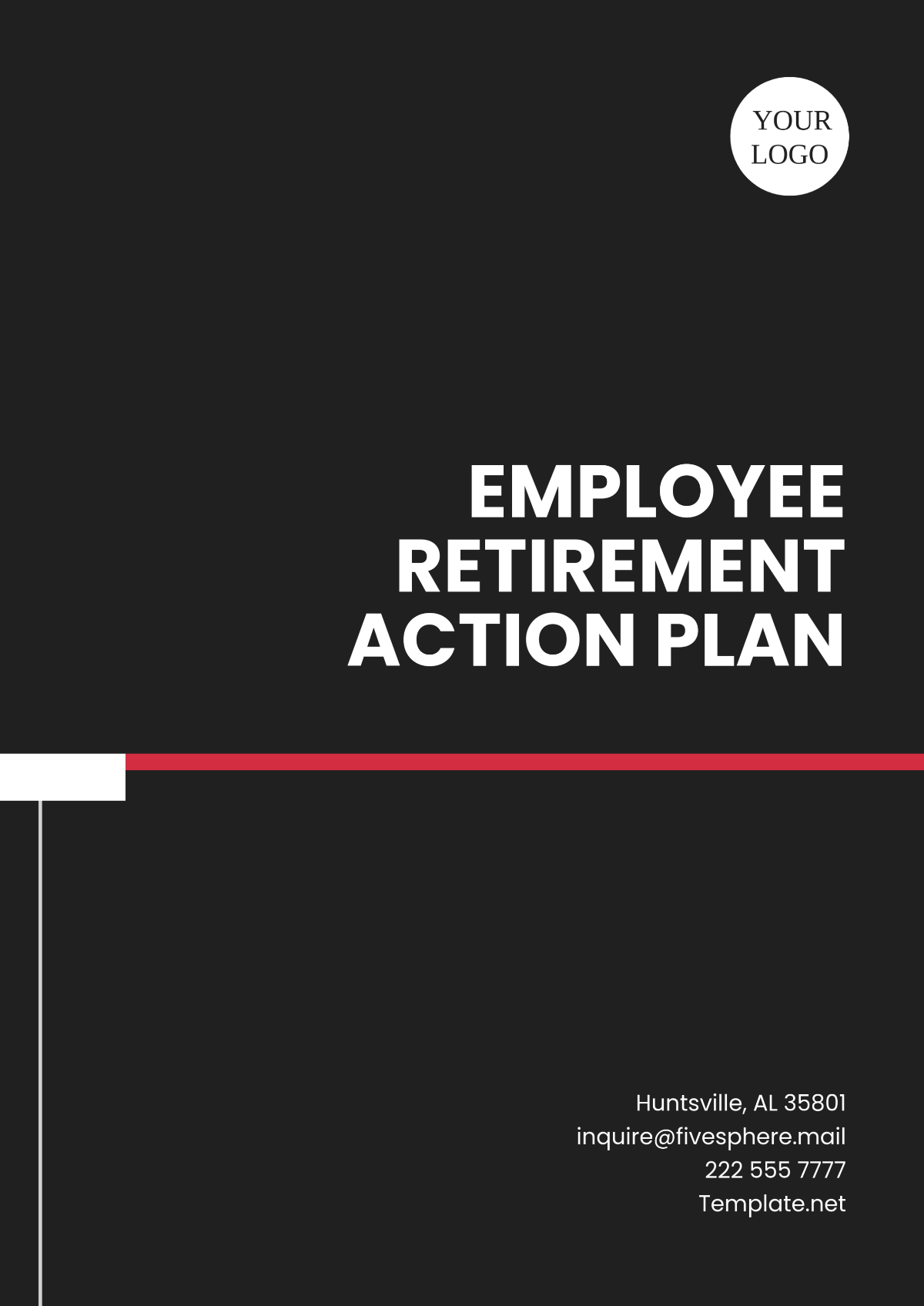DEVELOPMENT ACTION PLAN
Company: | [Your Company Name] |
Address: | [Your Company Address] |
I. Introduction
At [Your Company Name], we understand that sustained growth and evolution are pivotal for both individual and collective advancement. This Development Action Plan serves as a roadmap for our employees, empowering them to augment their skills, pursue professional development opportunities, and contribute meaningfully to our overarching objectives.
II. Goals and Objectives
A. Skill Development
Enhance Technical Proficiency: We aim to equip our team members with advanced skills in data analysis and visualization techniques, leveraging tools such as Python and Tableau to drive informed decision-making.
Improve Communication and Presentation Skills: Effective communication is paramount. Through this plan, we strive to enhance written and verbal communication abilities, enabling our workforce to articulate complex technical concepts with clarity and precision.
Develop Leadership and Team Management Abilities: Leadership is cultivated. By leading cross-functional teams and fostering collaboration, we aspire to nurture strong leadership qualities within our employees.
B. Professional Growth
Expand Network and Industry Knowledge: Continuous learning is key. We encourage participation in industry conferences and networking events to broaden horizons and stay abreast of emerging trends.
Pursue Opportunities for Career Advancement: Within [Your Company Name], avenues for career progression abound. We encourage employees to seize such opportunities, whether through leadership training programs or internal job rotations.
Strengthen Adaptability and Resilience: In a dynamic landscape, adaptability is invaluable. We support the cultivation of resilience to navigate change effectively and foster sustained career growth.
C. Organizational Contribution
Contribute Innovative Ideas: Innovation drives progress. By fostering a culture of innovation and actively participating in brainstorming sessions, our employees play a pivotal role in driving continuous improvement.
Foster Collaboration and Knowledge Sharing: Collaboration fuels innovation. Through internal knowledge-sharing platforms and peer-to-peer learning sessions, we facilitate the exchange of insights and best practices.
Improve Efficiency and Effectiveness: Operational excellence is our aim. We identify and implement strategies to optimize workflows and enhance organizational efficiency.
III. Action Plan
A. Skill Development
Enroll in Relevant Online Courses or Workshops: Leveraging platforms like Coursera and LinkedIn Learning, employees will engage in targeted skill-building activities.
Participate in Internal Training Programs: Internal training sessions will further augment employees' skill sets, focusing on communication, leadership, and project management.
Seek Mentorship from Senior Colleagues: Mentorship relationships with senior leaders will provide valuable guidance and insights for professional growth.
B. Professional Growth
Attend Industry Conferences and Networking Events: Active participation in industry events will facilitate networking and knowledge acquisition.
Pursue Additional Certifications or Qualifications: Pursuing relevant certifications will enhance employees' credentials and expertise.
Engage in Cross-Functional Projects or Job Rotations: Volunteering for projects or rotations will broaden employees' perspectives and skill sets.
C. Organizational Contribution
Join Project Teams or Committees: Active involvement in projects and committees will enable employees to contribute to organizational objectives.
Implement Process Improvement Initiatives: Leadership in process improvement projects will drive efficiency gains across the organization.
Actively Participate in Brainstorming Sessions and Meetings: Employees will actively engage in idea generation and problem-solving, fostering a culture of innovation.
IV. Strategies and Activities
Regularly Attend Skill-Building Workshops: Schedule dedicated time each month to attend workshops and webinars focused on skill development.
Establish a Mentorship Relationship with a Senior Colleague: Schedule bi-weekly meetings with a senior mentor to discuss career goals, challenges, and growth opportunities.
Allocate Time for Self-Directed Learning and Reflection: Set aside one hour each week for self-directed learning activities such as reading industry publications and completing online courses.
Volunteer for Leadership Roles in Team Projects: Seek opportunities to lead cross-functional teams or spearhead initiatives that align with personal and professional development goals.
Network with Professionals in Relevant Industries: Attend at least one networking event per quarter and connect with professionals in similar roles or industries to exchange ideas and best practices.
V. Timeline
Action Step | Start Date | End Date |
|---|---|---|
Enroll in an online course | 05/01/2050 | 06/30/2050 |
Attend industry conference | 07/15/2050 | 07/17/2050 |
Complete the internal training program | 06/01/2050 | 08/31/2050 |
Implement process improvement initiative | 09/01/2050 | 11/30/2050 |
Engage in mentorship | 05/15/2050 | Ongoing |
VI. Resources
Access to Online Learning Platforms (e.g., Coursera, LinkedIn Learning)
Support from Managers and Mentors: Assigned mentor for each employee
Time Allocation for Skill-Building Activities: 5 hours per week for professional development
VII. Potential Barriers
Limited Time or Resources for Training: Ensure adequate time and budget allocation for training initiatives.
Resistance to Change or Trying New Approaches: Foster a culture of openness to innovation and continuous improvement.
Lack of Support from Colleagues or Supervisors: Encourage peer-to-peer support and regular feedback mechanisms.
Conflicting Priorities and Workload: Prioritize tasks and allocate time effectively to balance workload and development activities.
VIII. Evaluation and Monitoring
Regular Check-Ins with Managers or Mentors to Review Progress: Monthly meetings to discuss progress, challenges, and growth opportunities.
Quarterly Performance Evaluations to Assess Skill Development: Performance evaluations include a focus on competency development and achievement of development goals.
Surveys or Feedback Mechanisms to Gather Input from Colleagues and Stakeholders: Annual employee engagement surveys and 360-degree feedback assessments.
Adjustments to the Action Plan Based on Changing Priorities or Circumstances: Flexibility to adapt the action plan based on evolving business needs and individual development priorities.
